About the Project
In May 2020, Pickup Communications founder Tamara Cherry began exploring the impact of the media on trauma survivors and the impact of trauma on members of the media. This research inspired her most recent book, The Trauma Beat: A Case for Re-Thinking the Business of Bad News. Part of it was also included in a peer-reviewed research paper published in the Journal of Community Safety and Well-Being.
Tamara’s qualitative research study looked at the impact of victims and survivors interacting (or not) with the media, as well as consuming media coverage (or lack thereof) of their cases. The study also examinined the perspectives of journalists who cover these events, with a special focus on trauma-informed reporting techniques and preventing, identifying and addressing vicarious trauma.
The goal of the project was to produce educational materials that would help journalists, survivor support workers, and various partners in the criminal justice sector better understand and support victims and survivors in their interactions (or lack thereof) with the media, to the benefit of all stakeholders. Tamara is frequently called upon to present her research to various audiences, and puts it into her practice while supporting trauma survivors with the media and various public information campaigns.
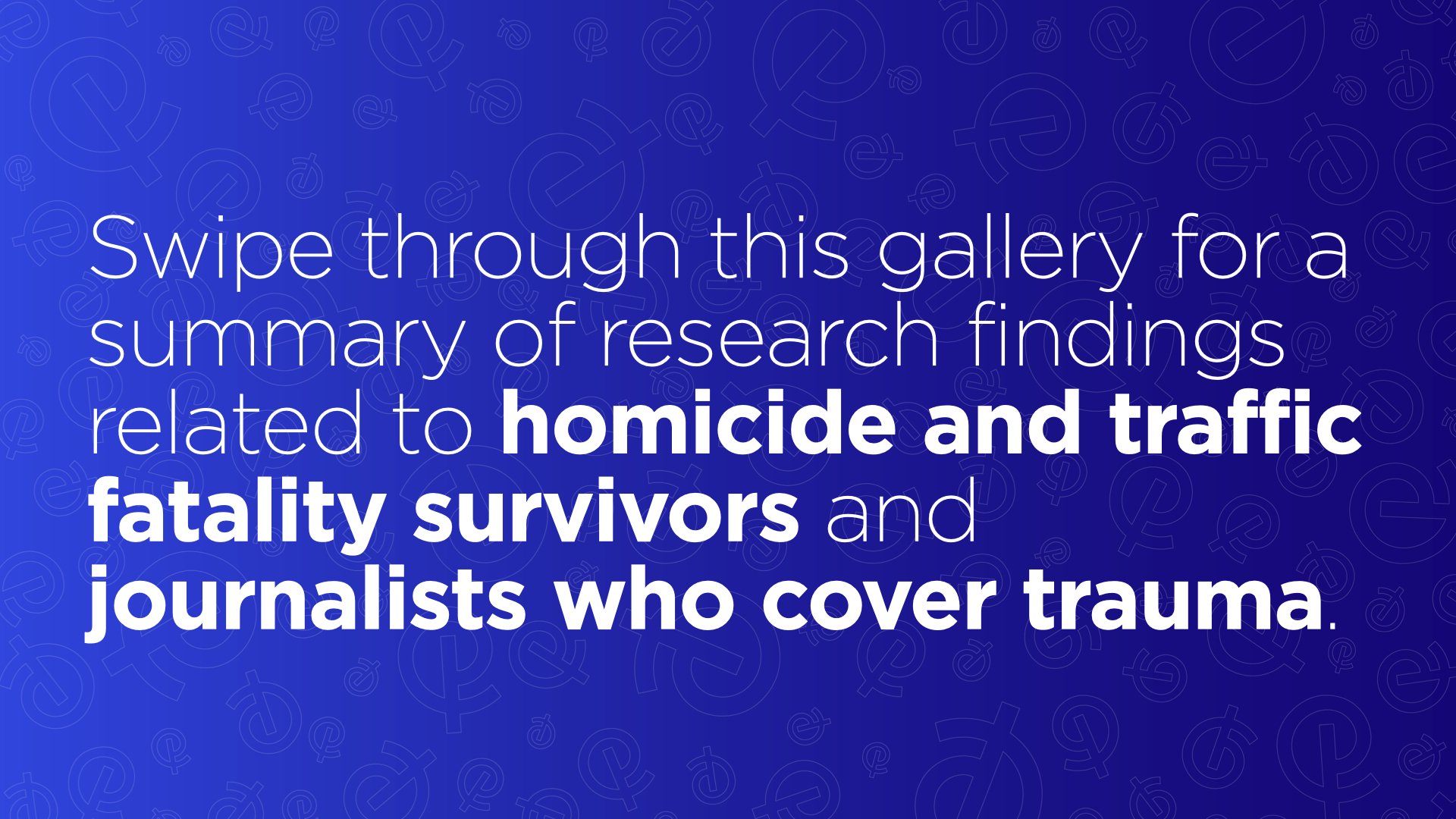
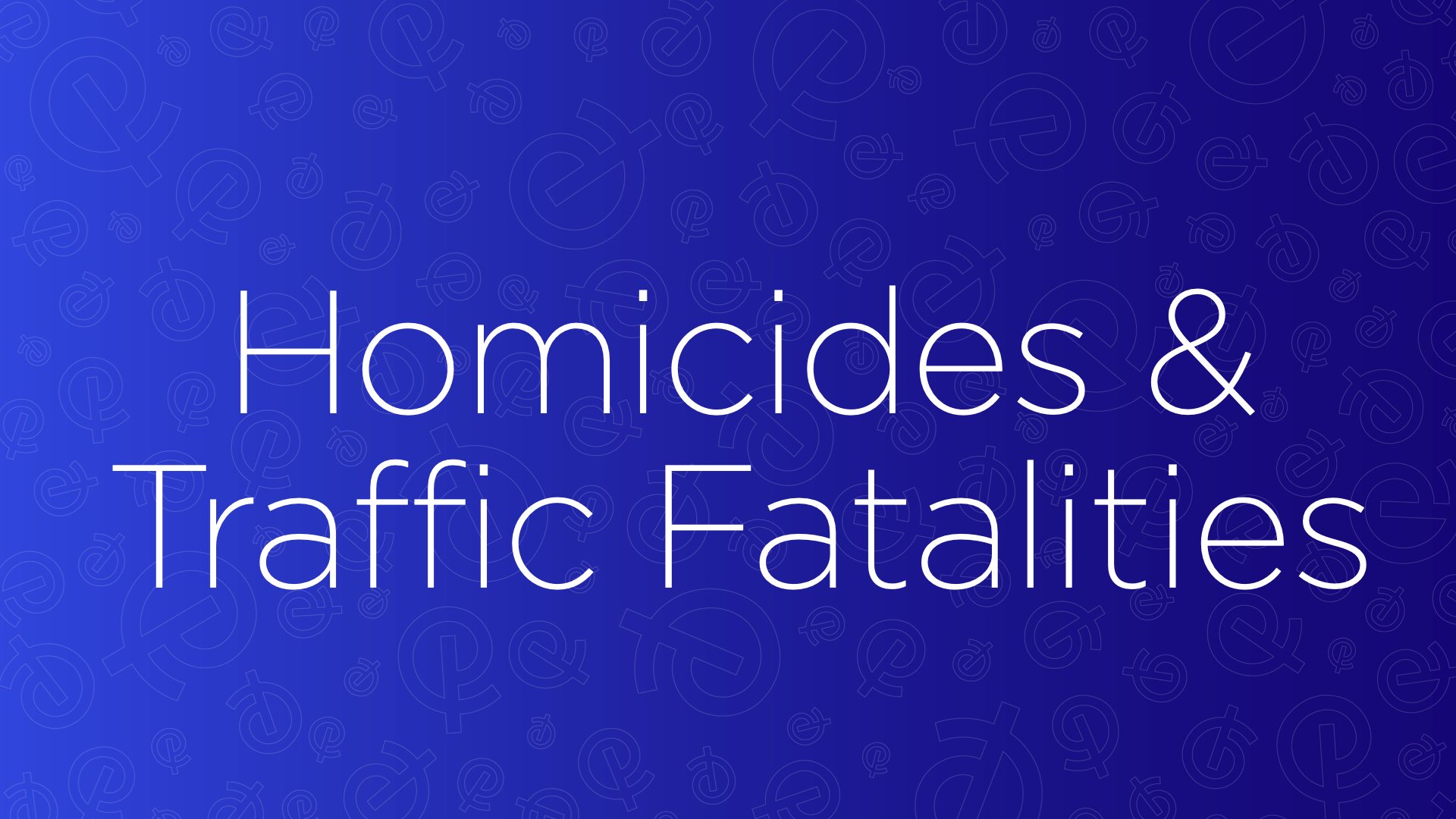
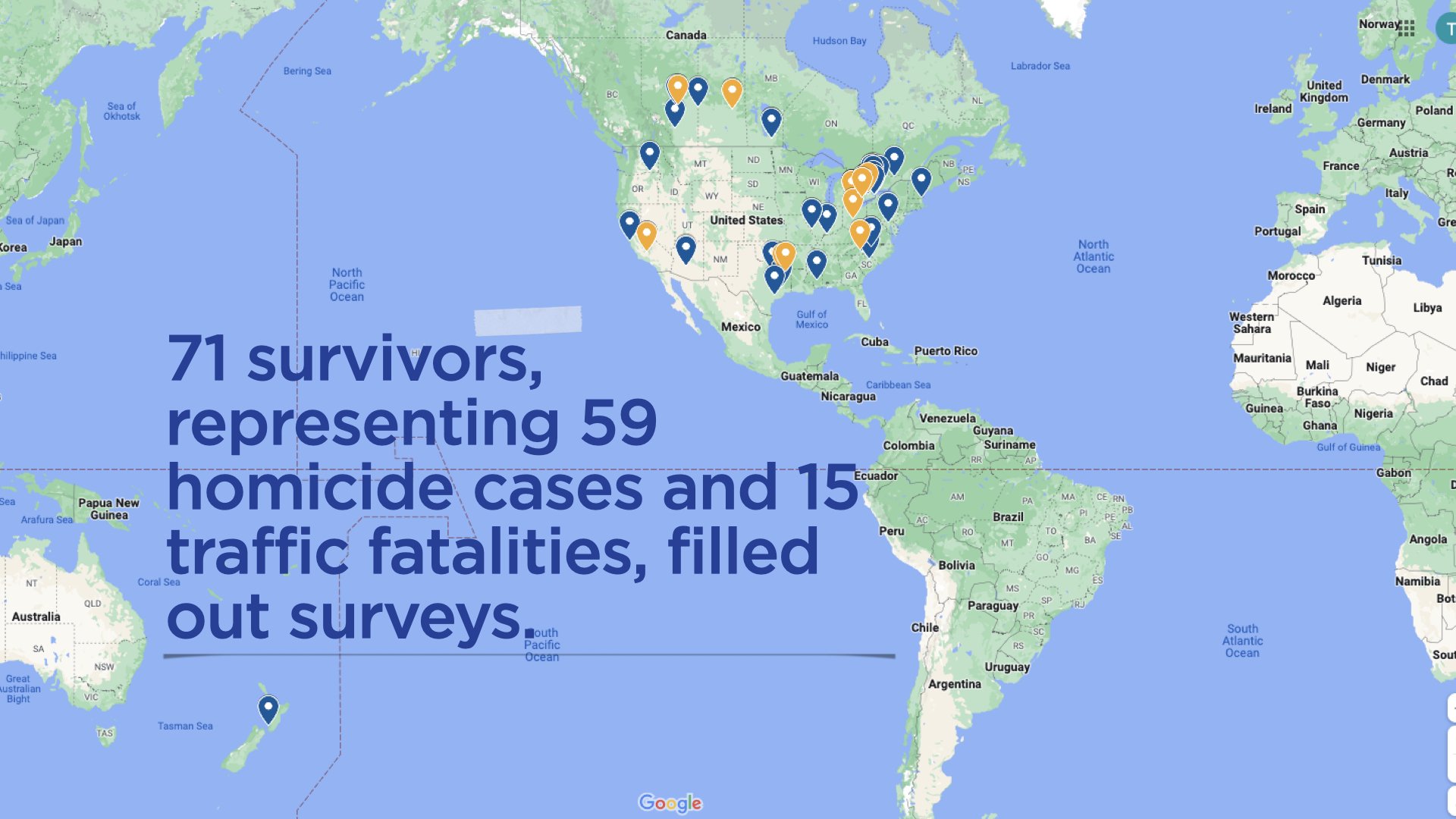
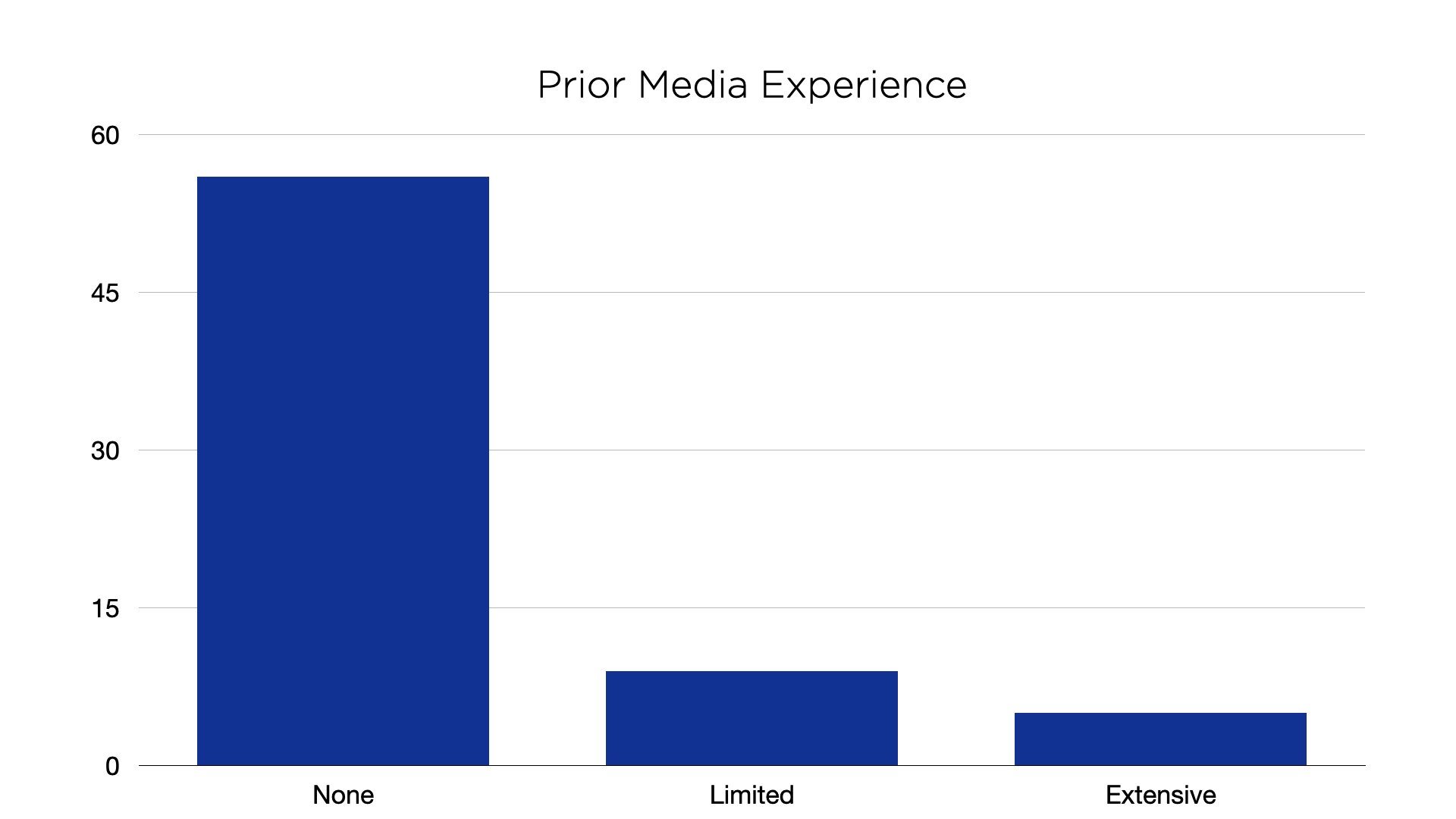
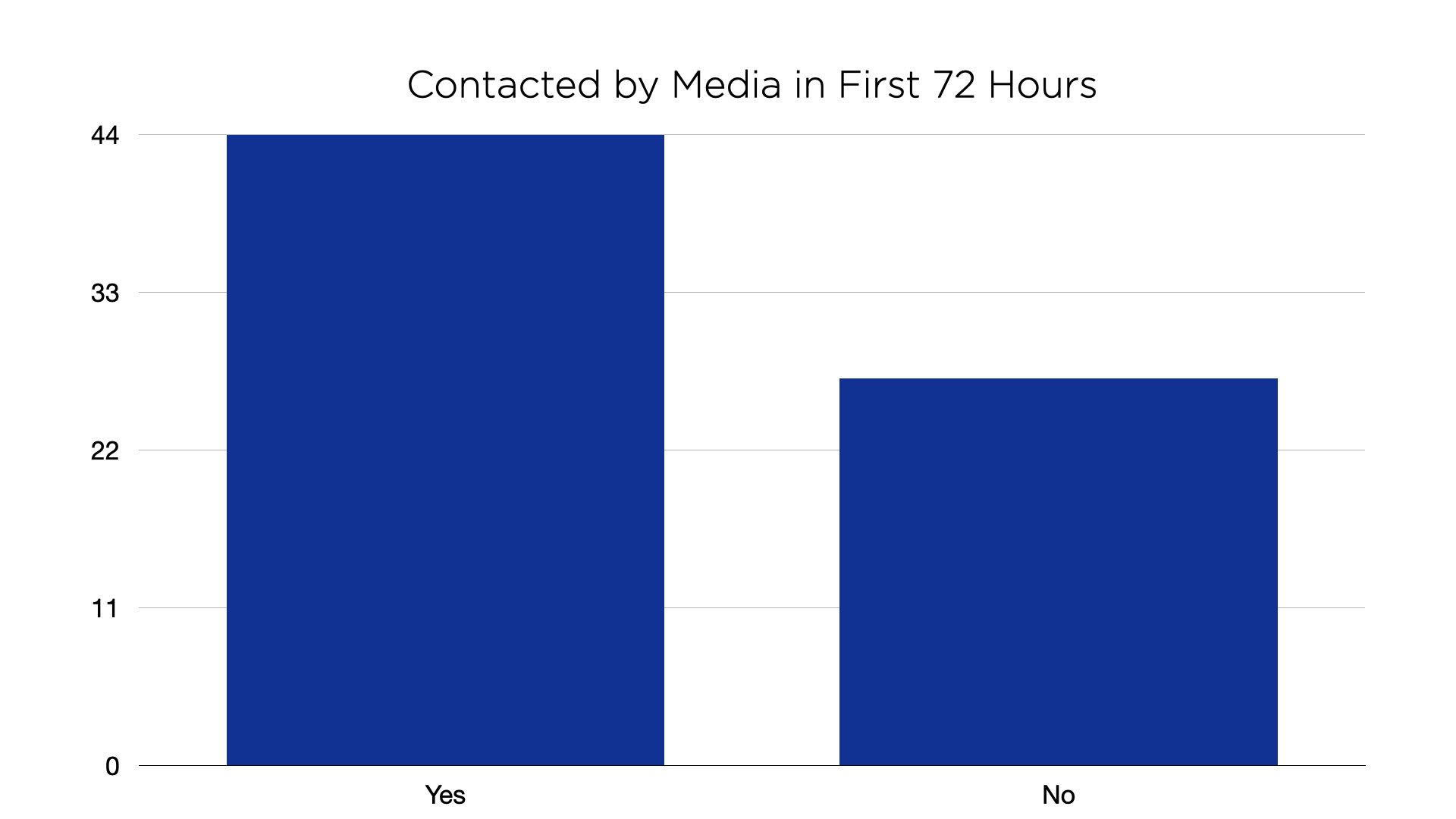
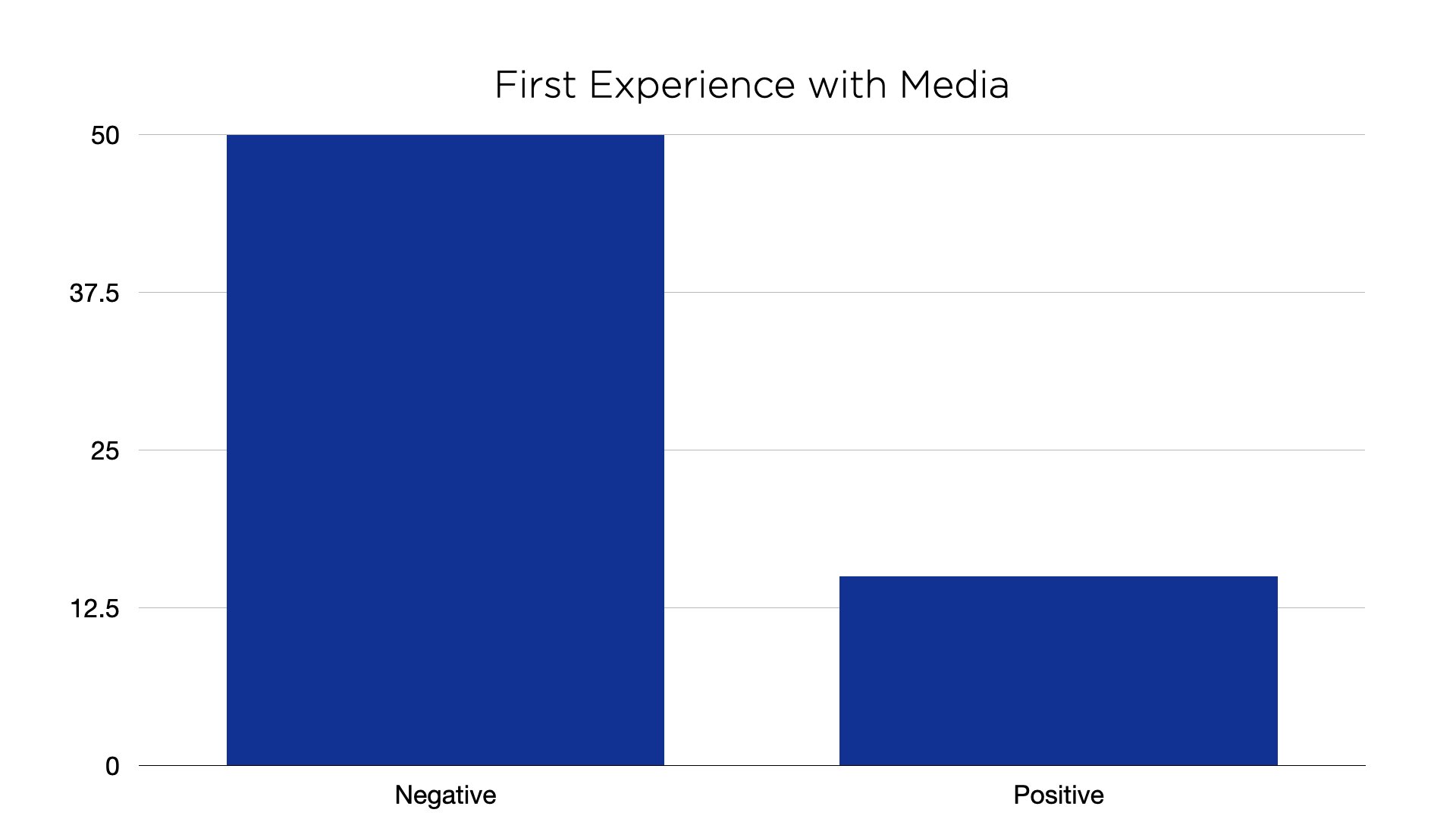
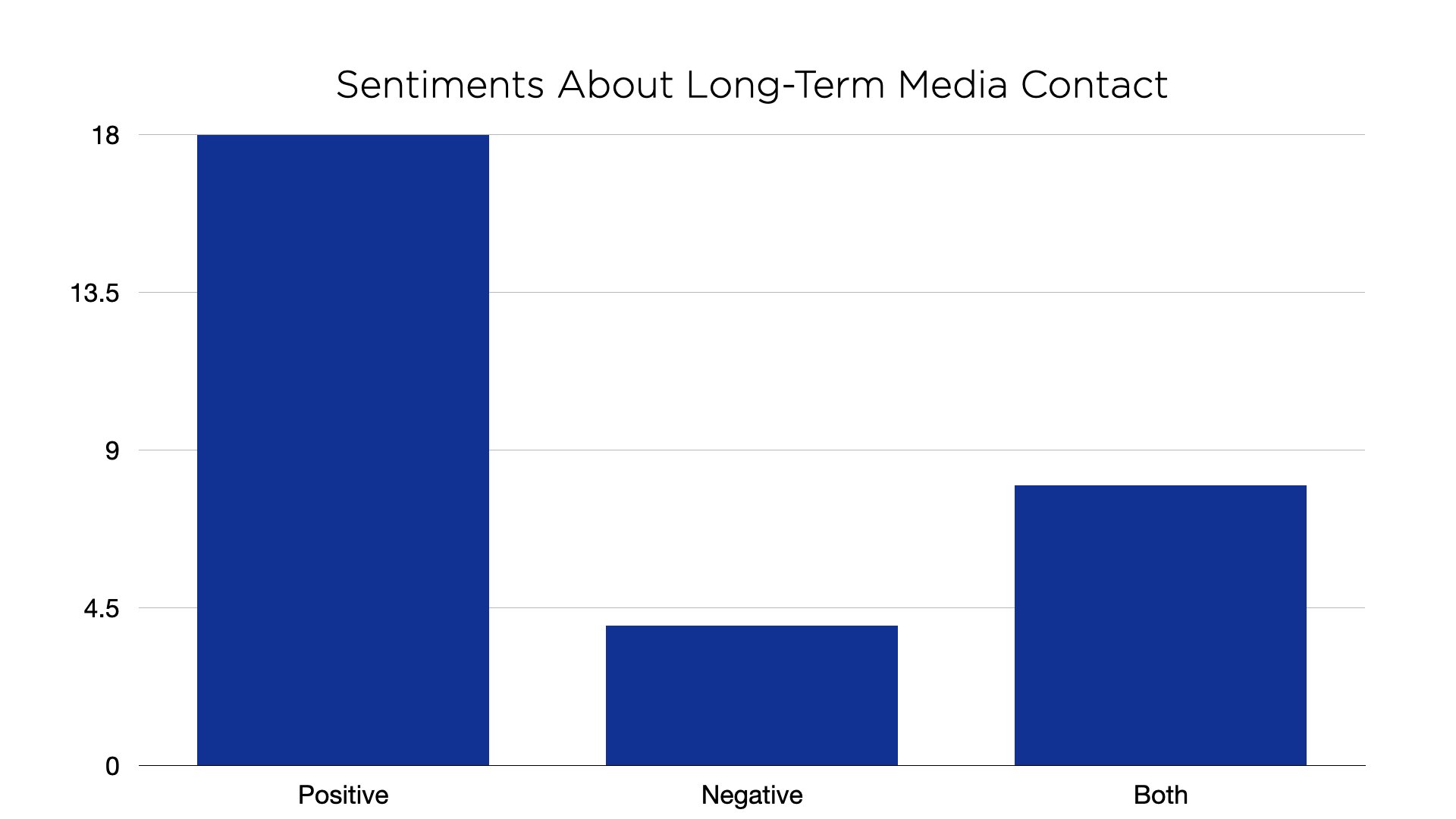
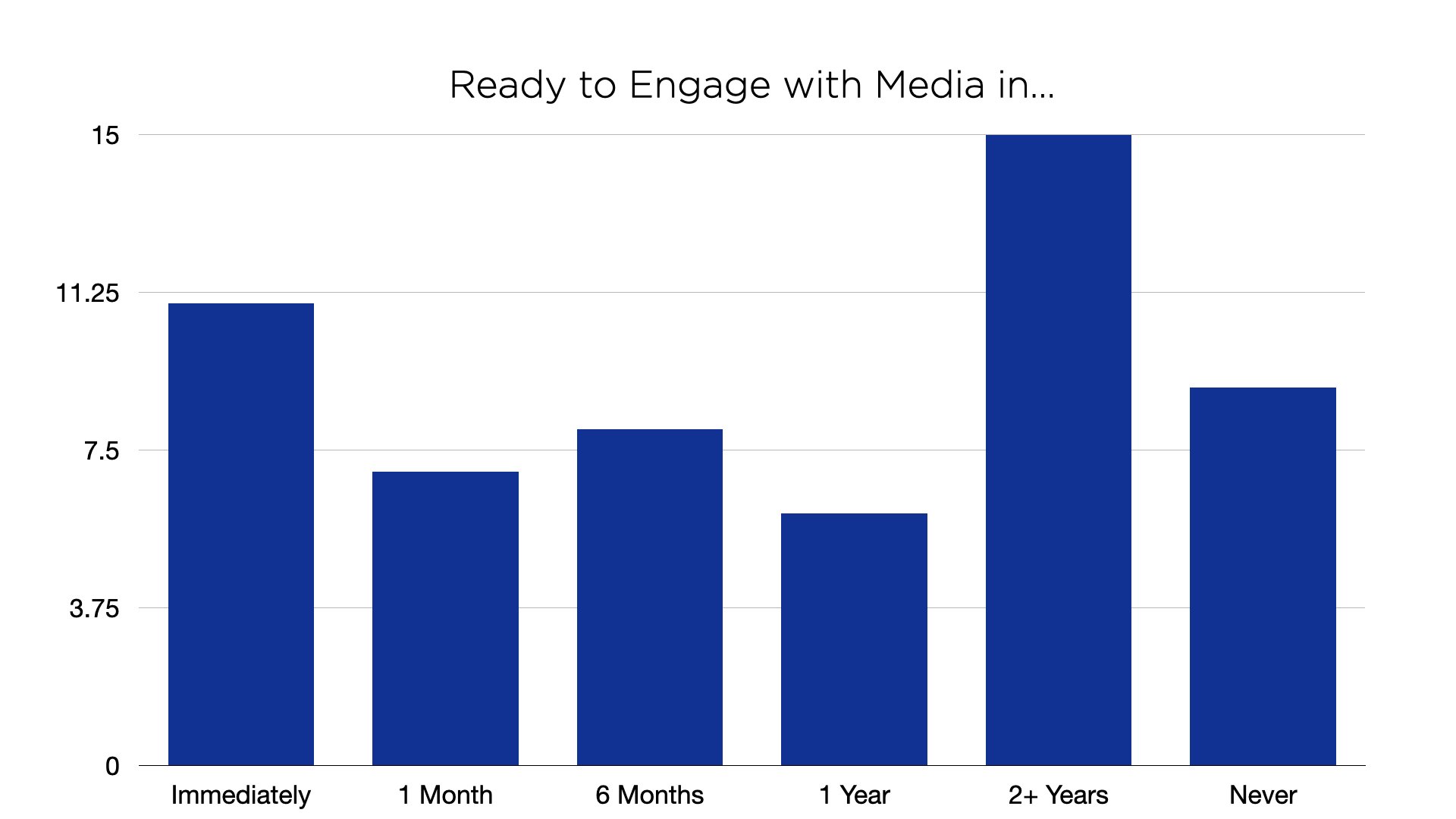
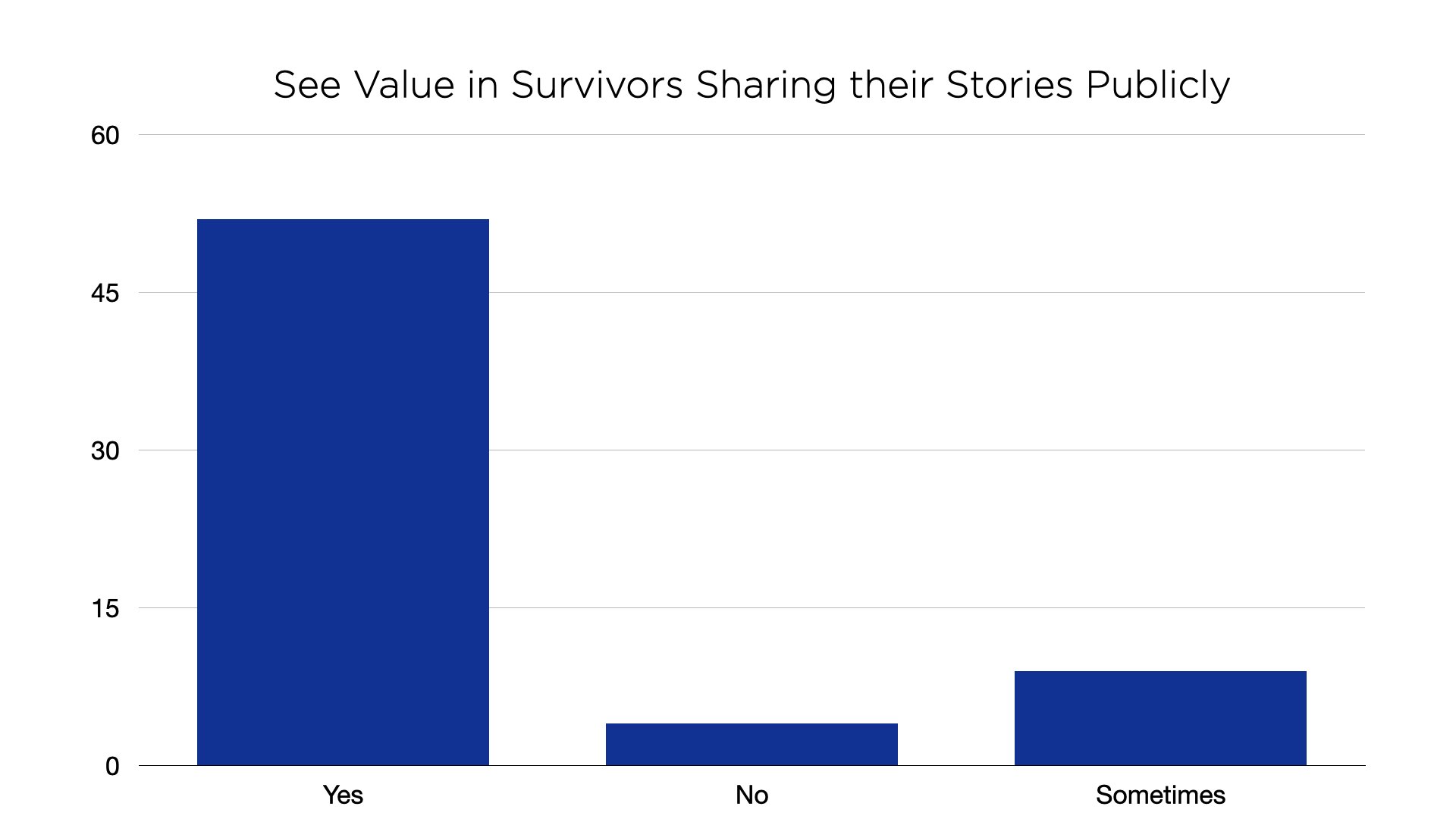

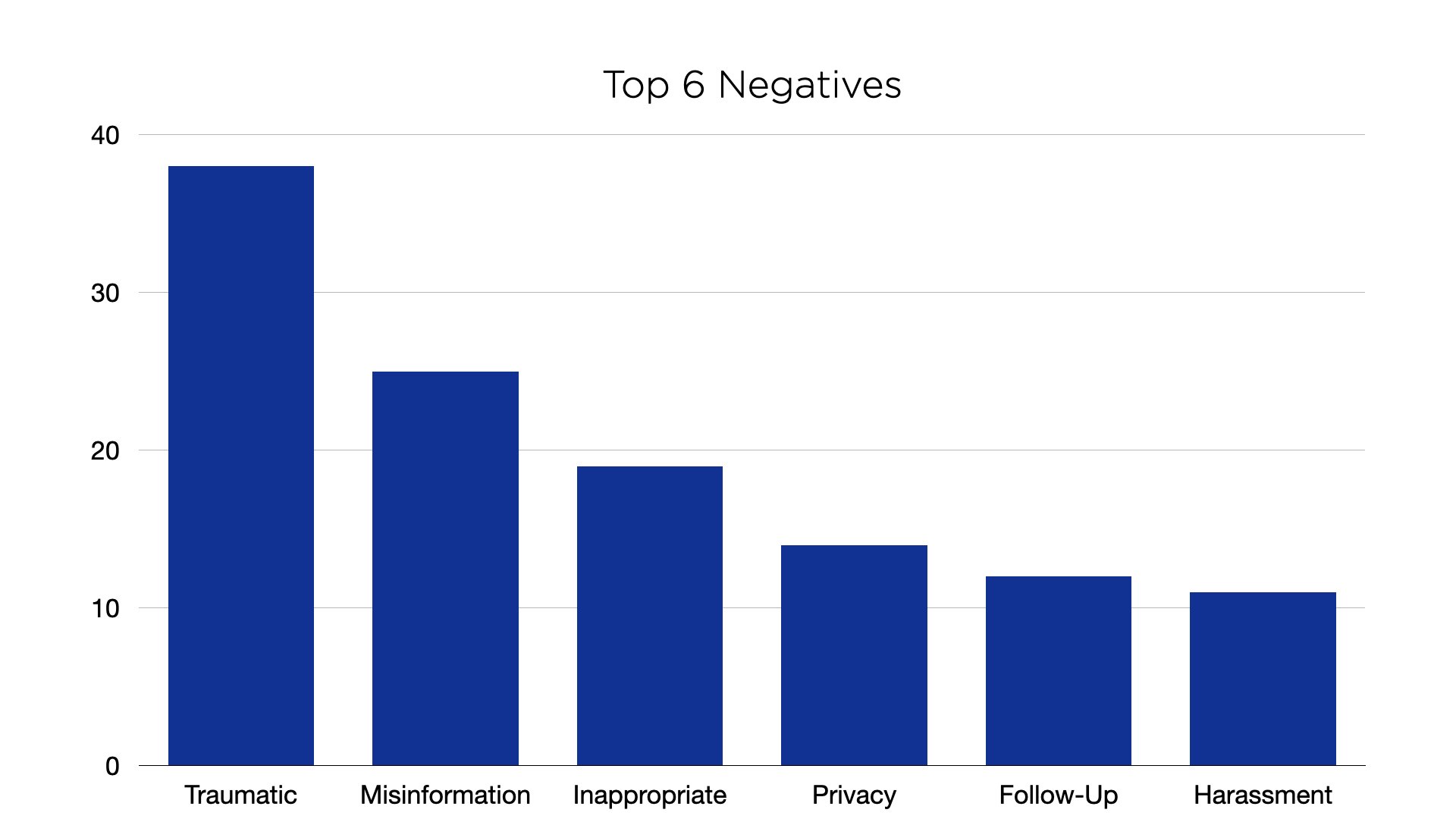
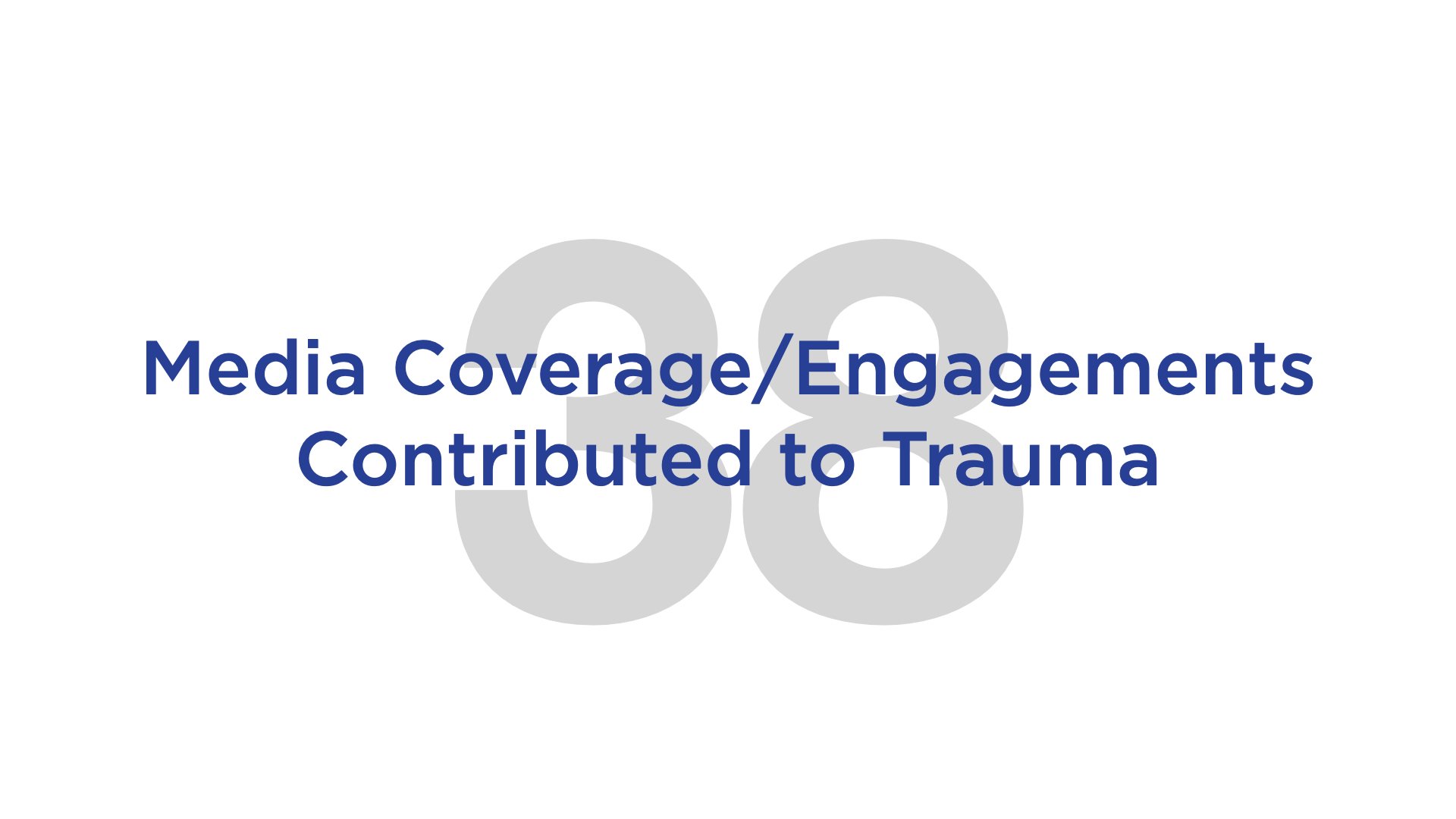
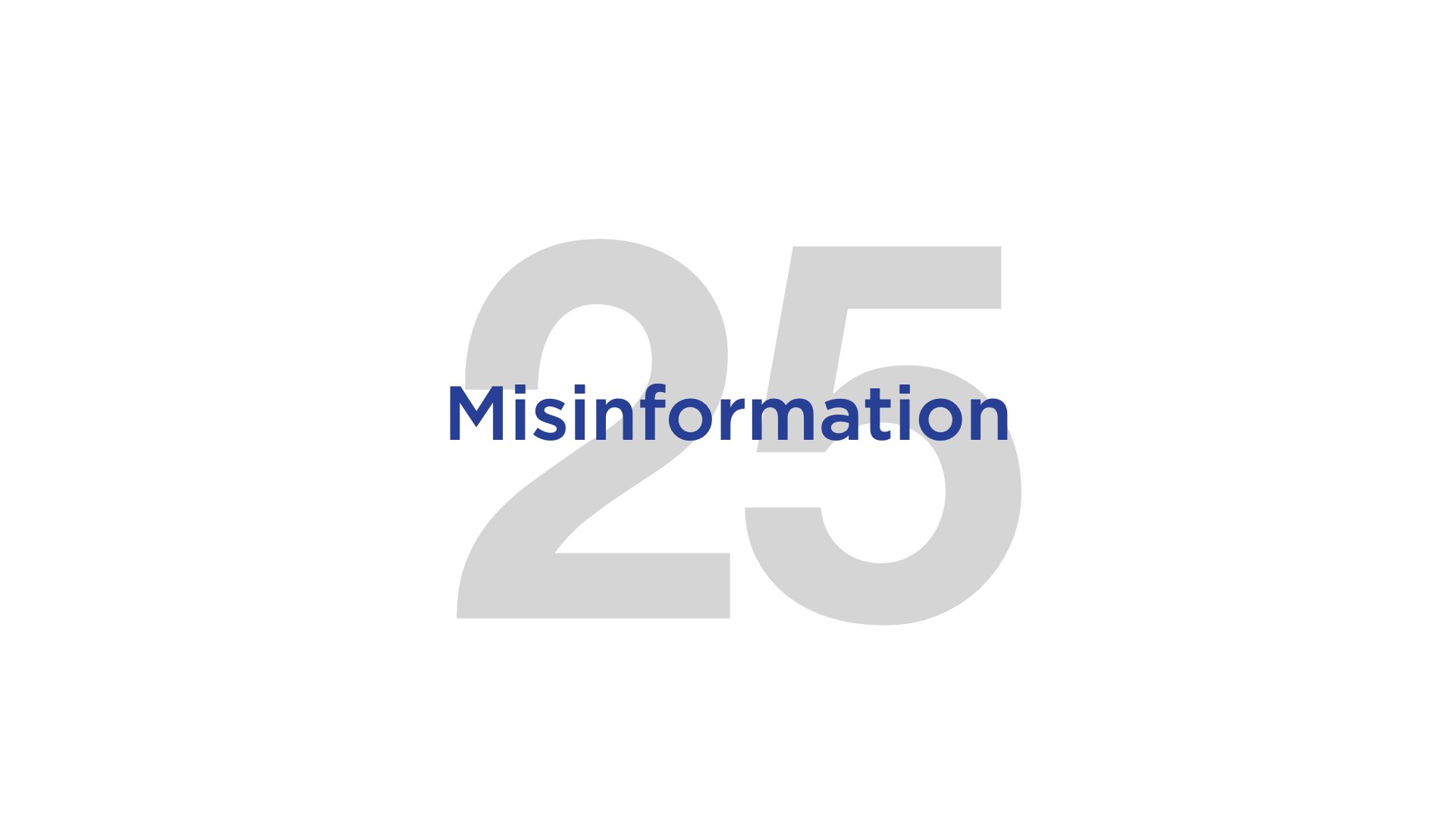






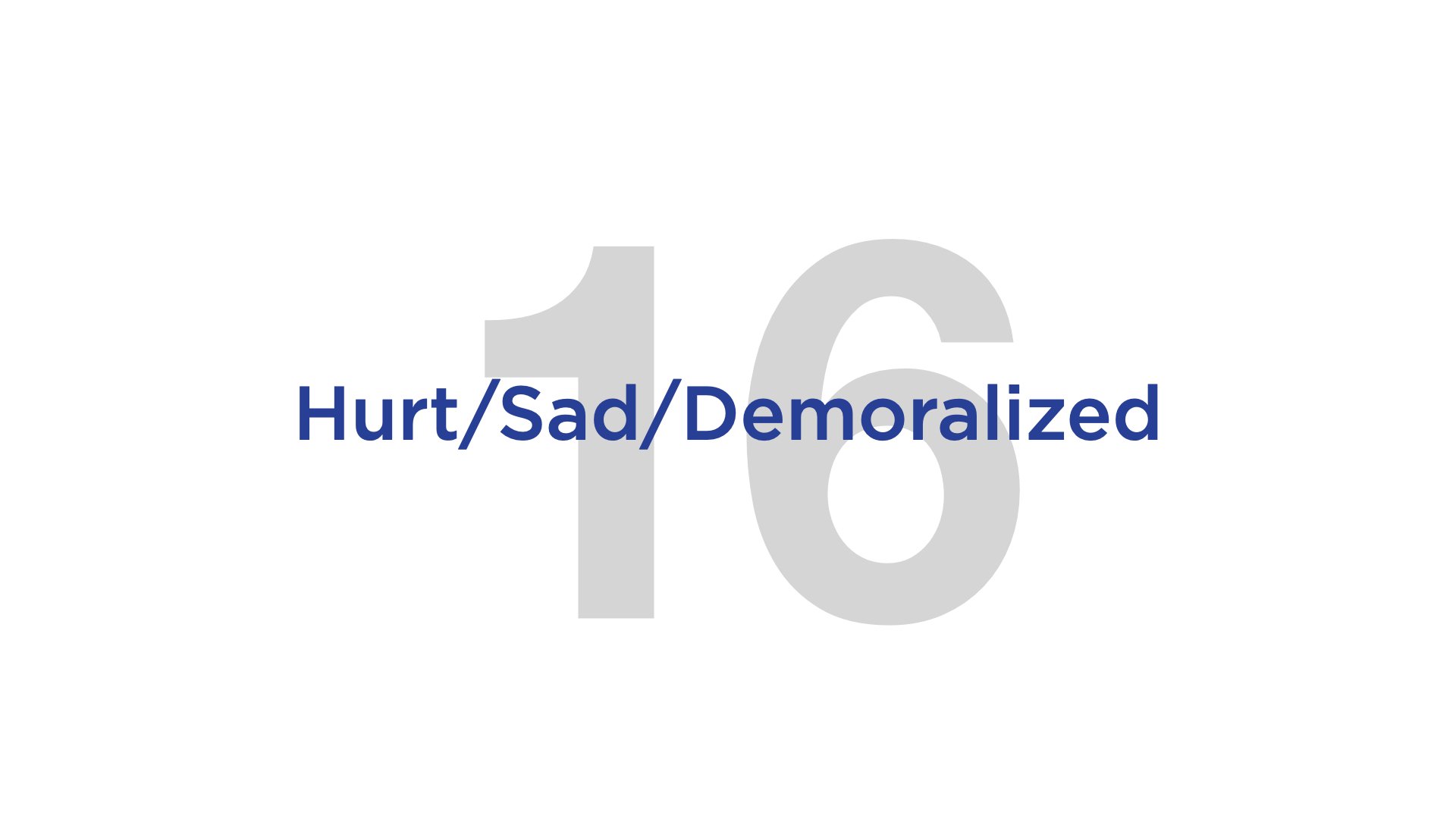



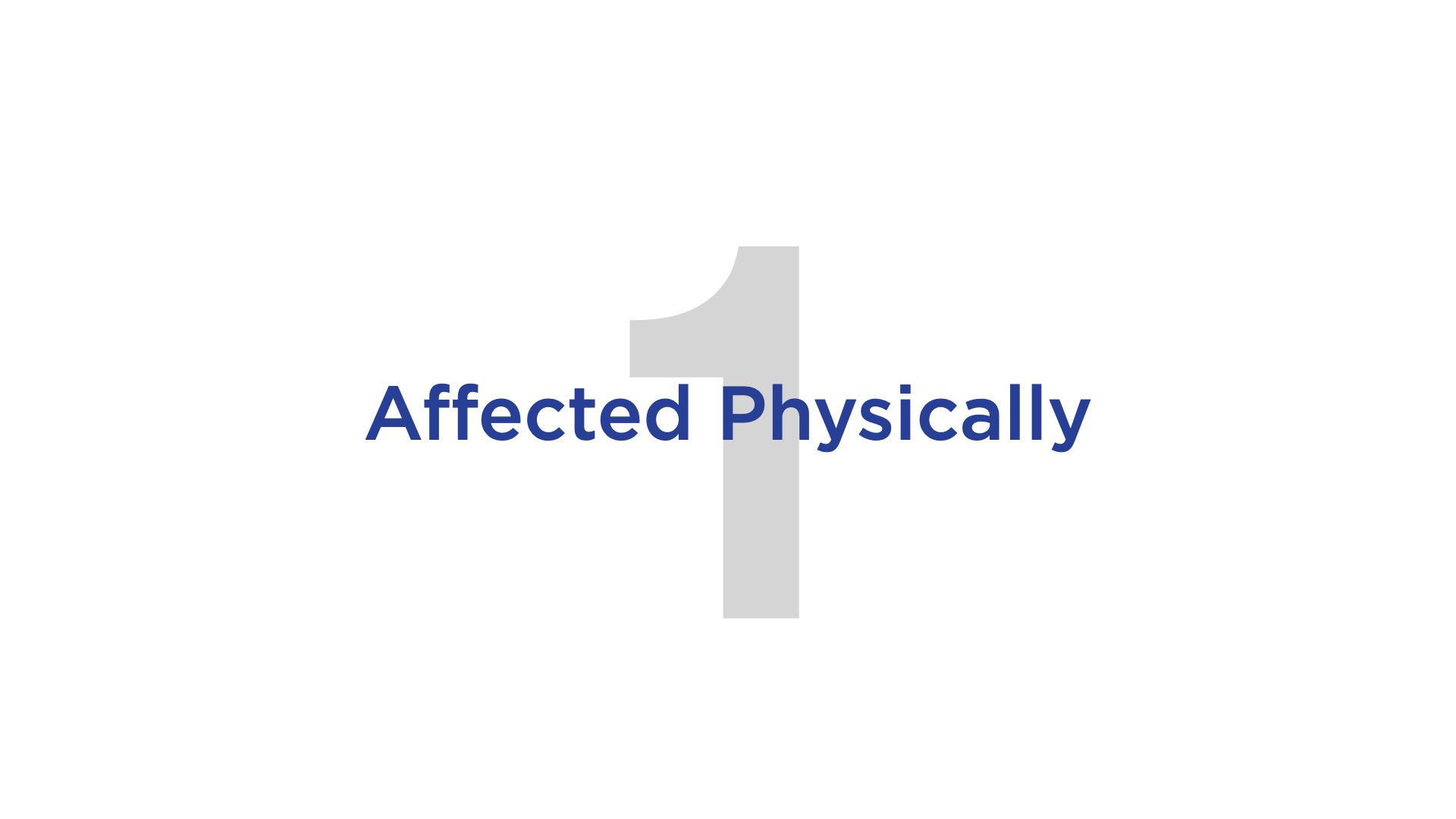


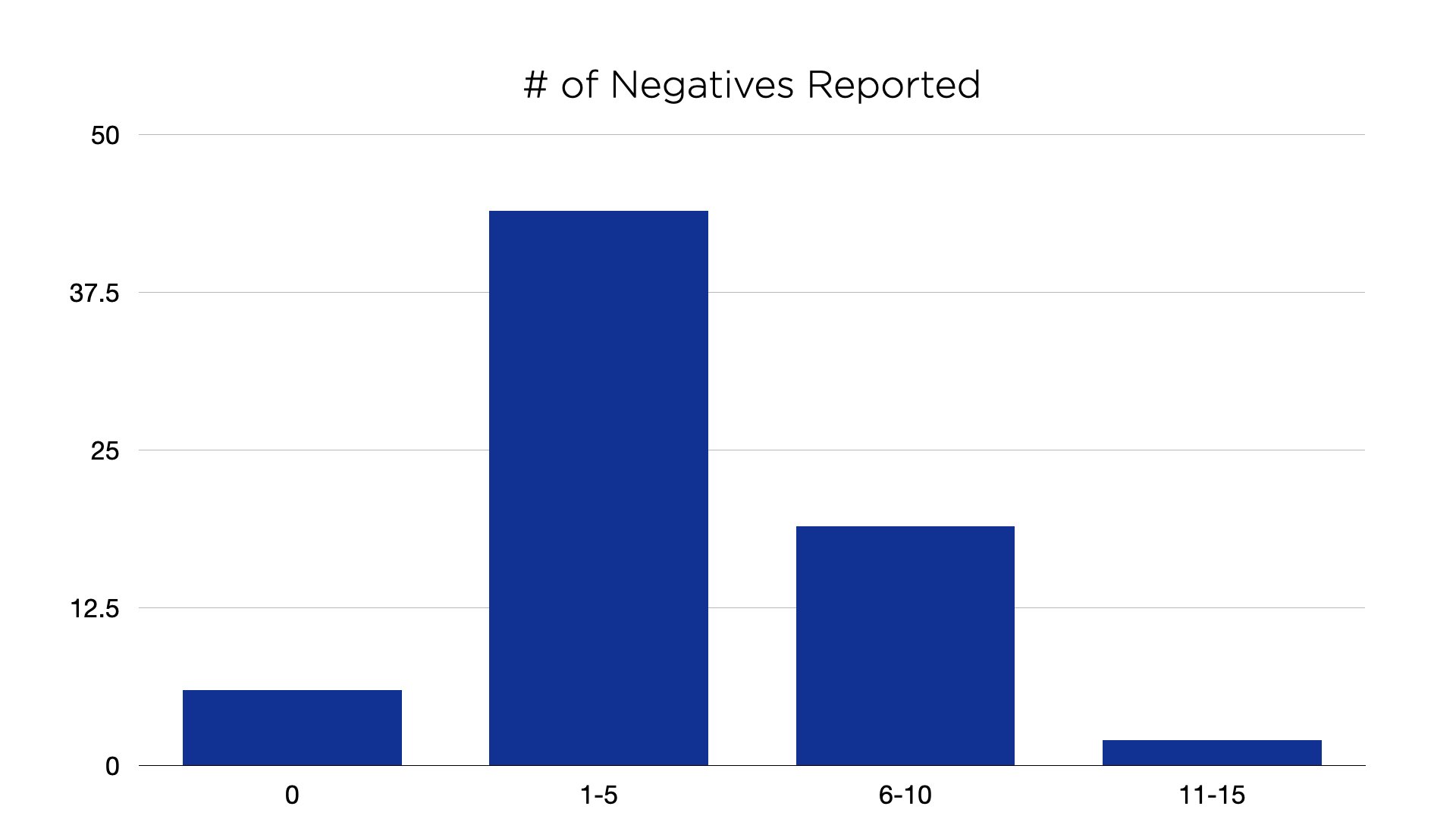
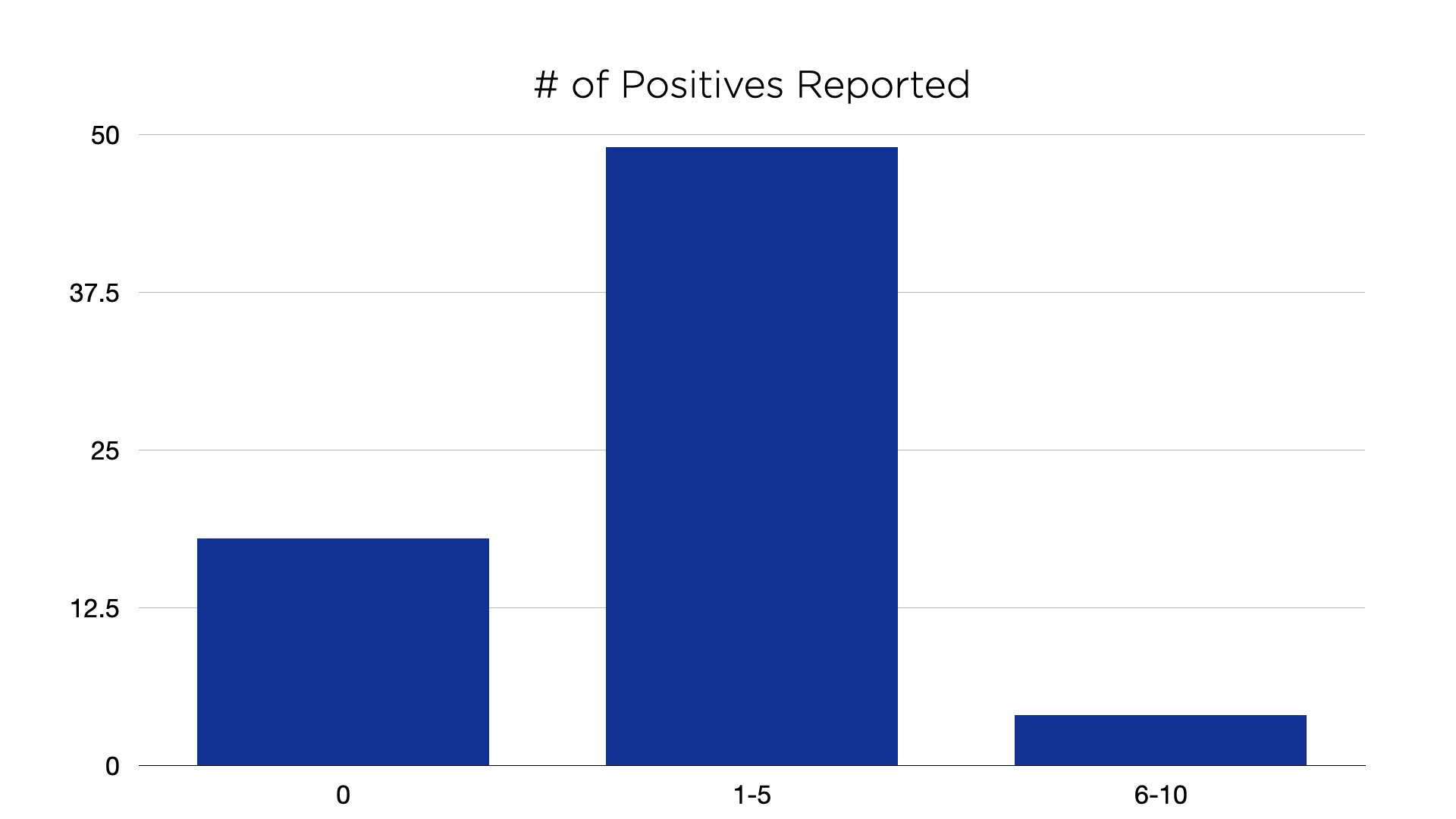
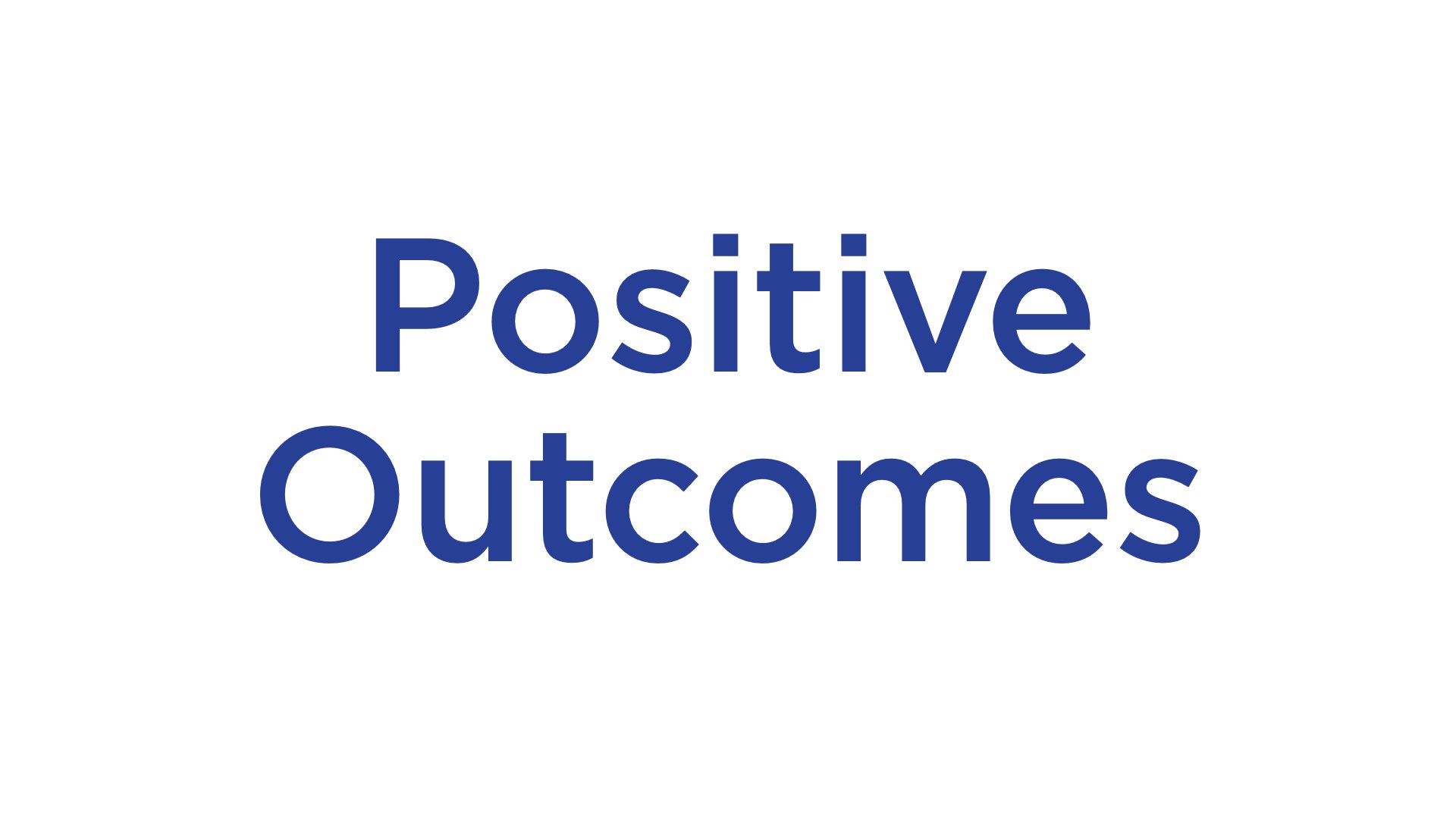
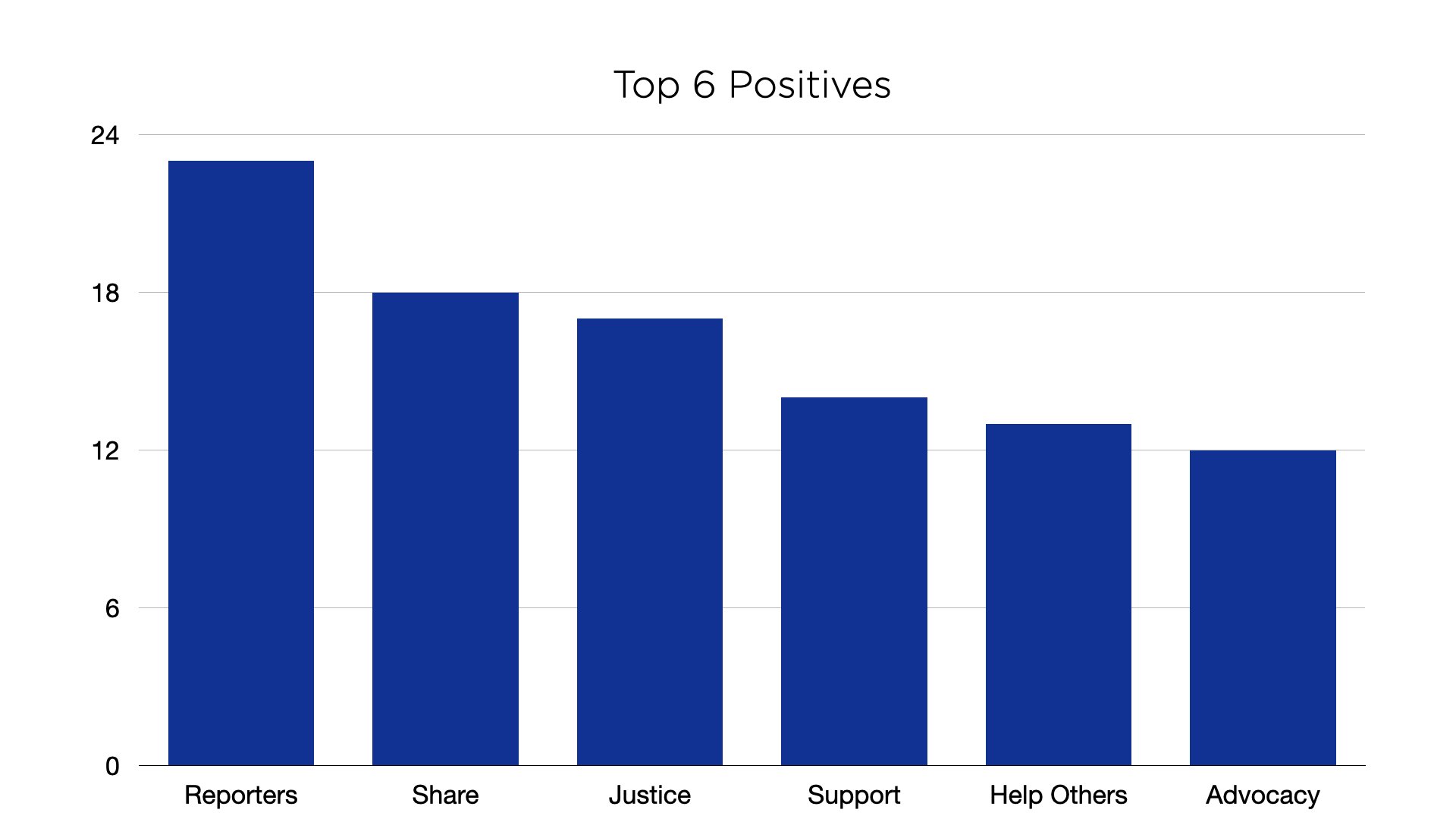
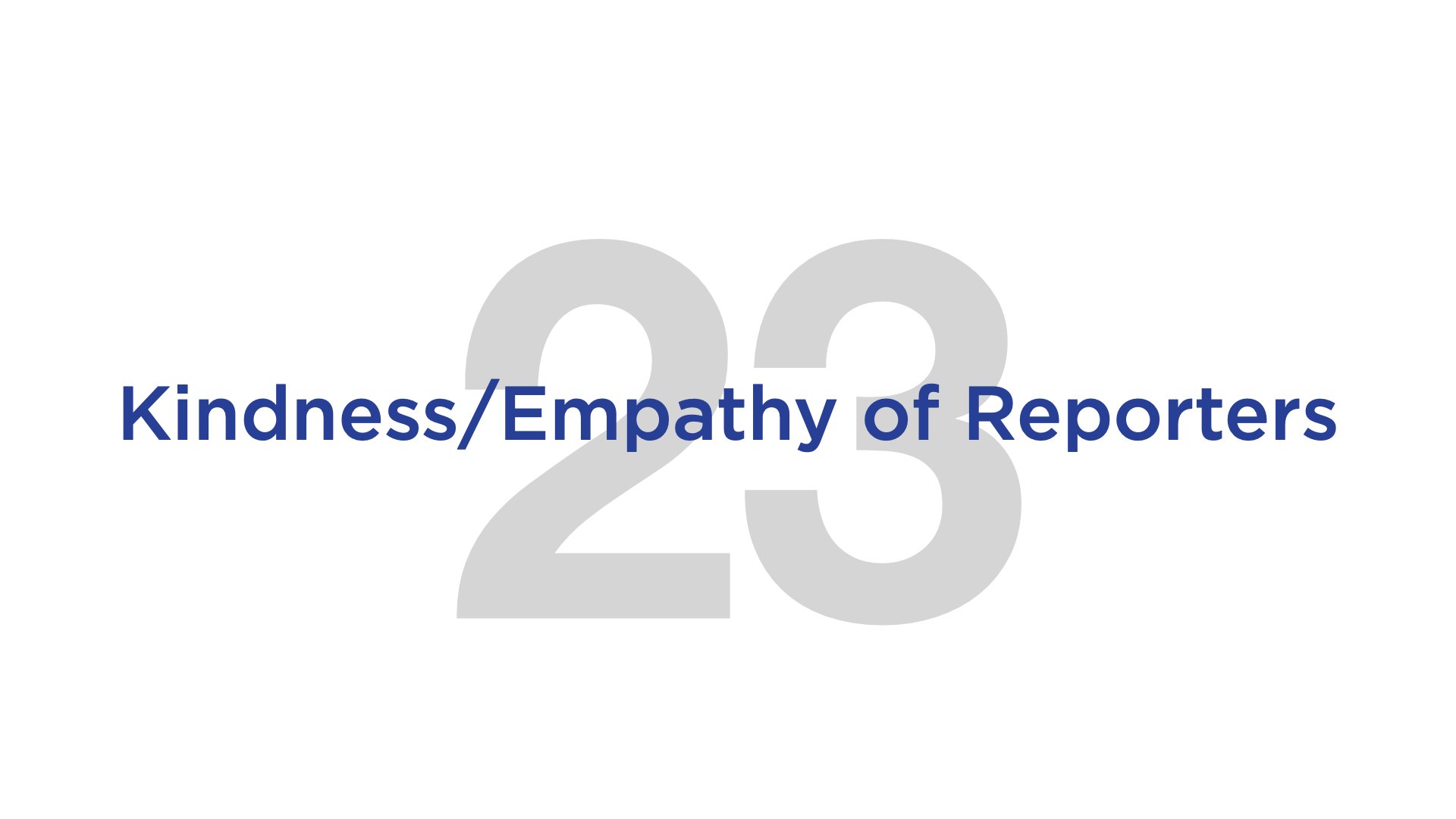

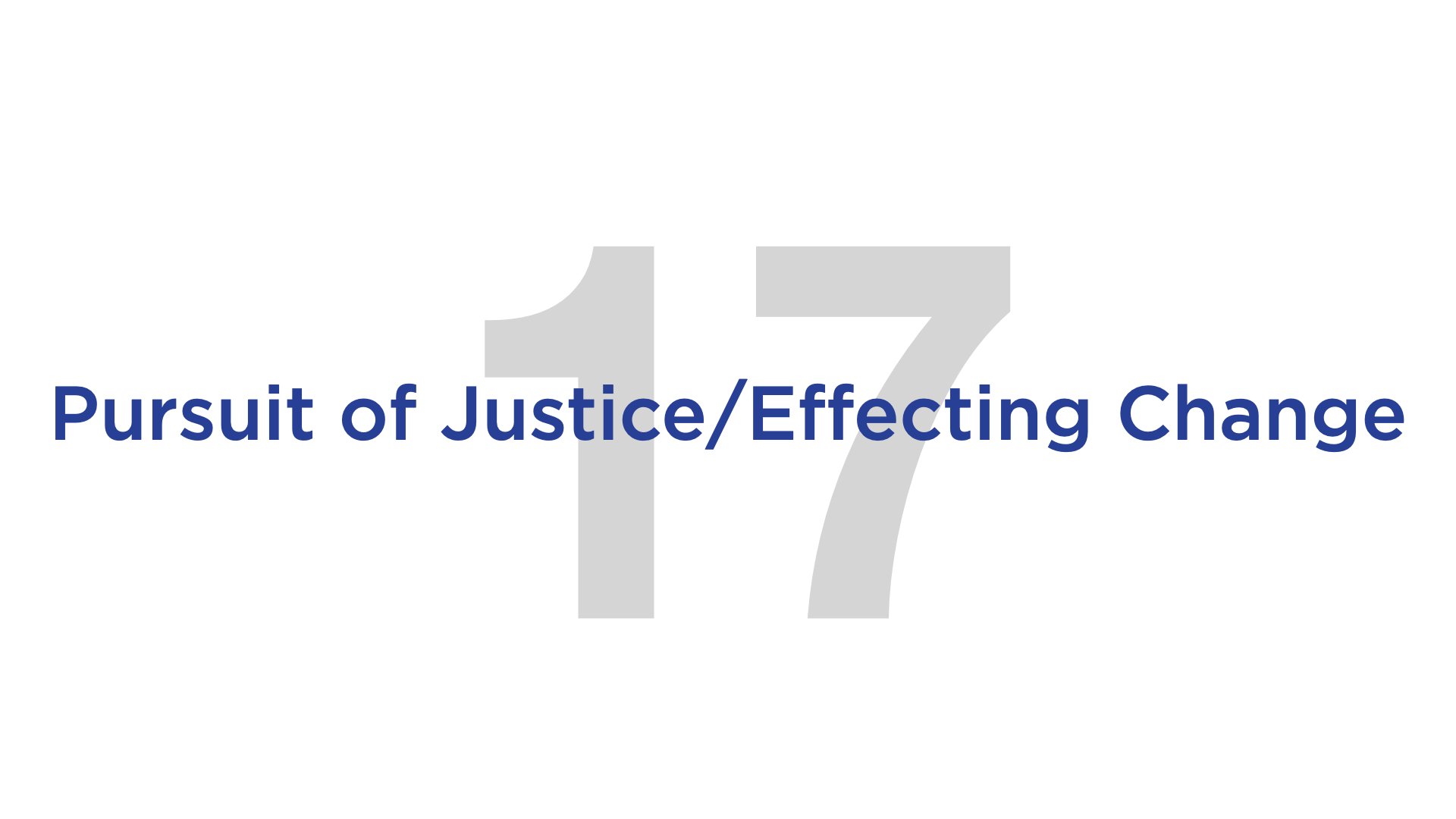
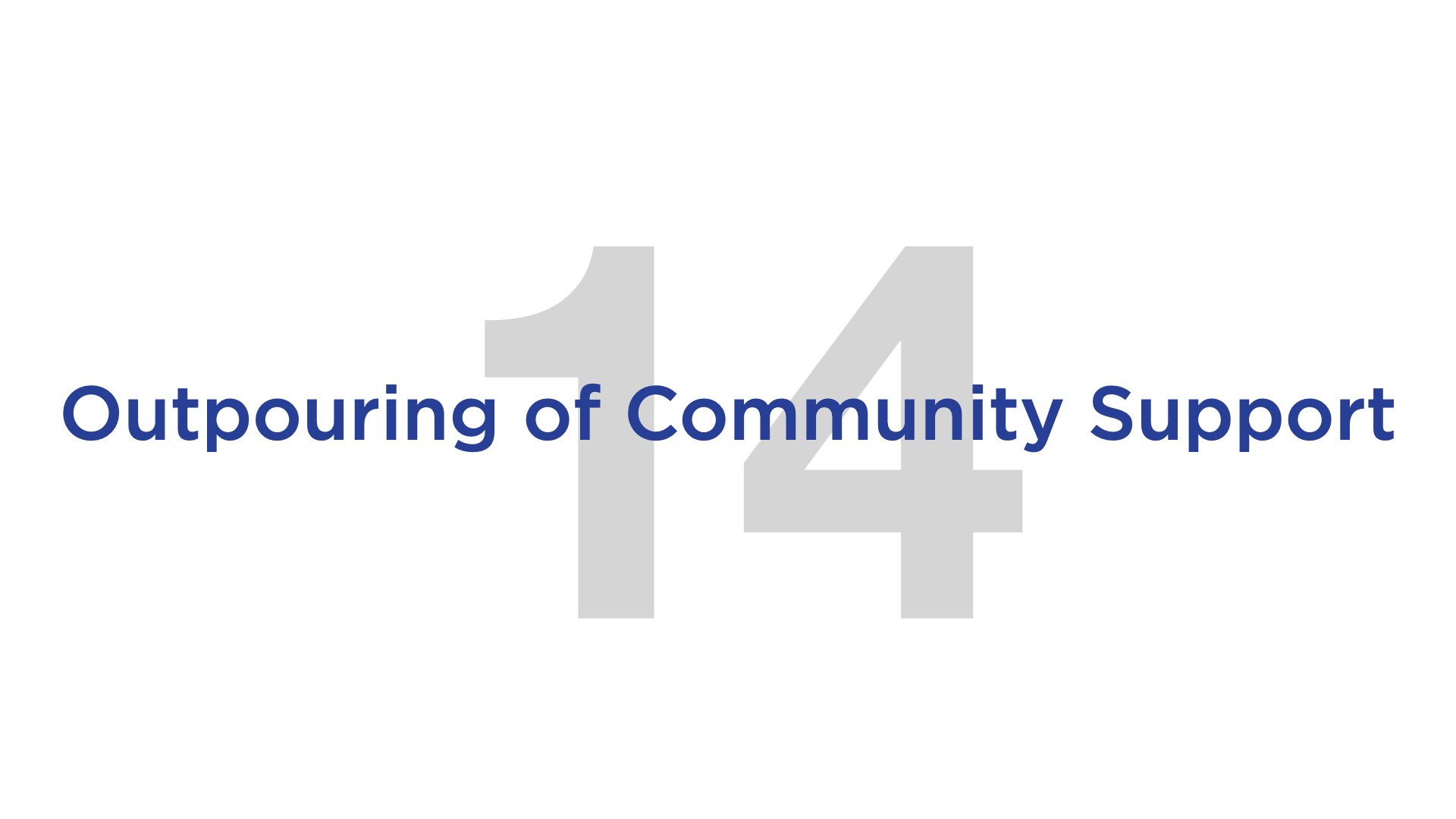
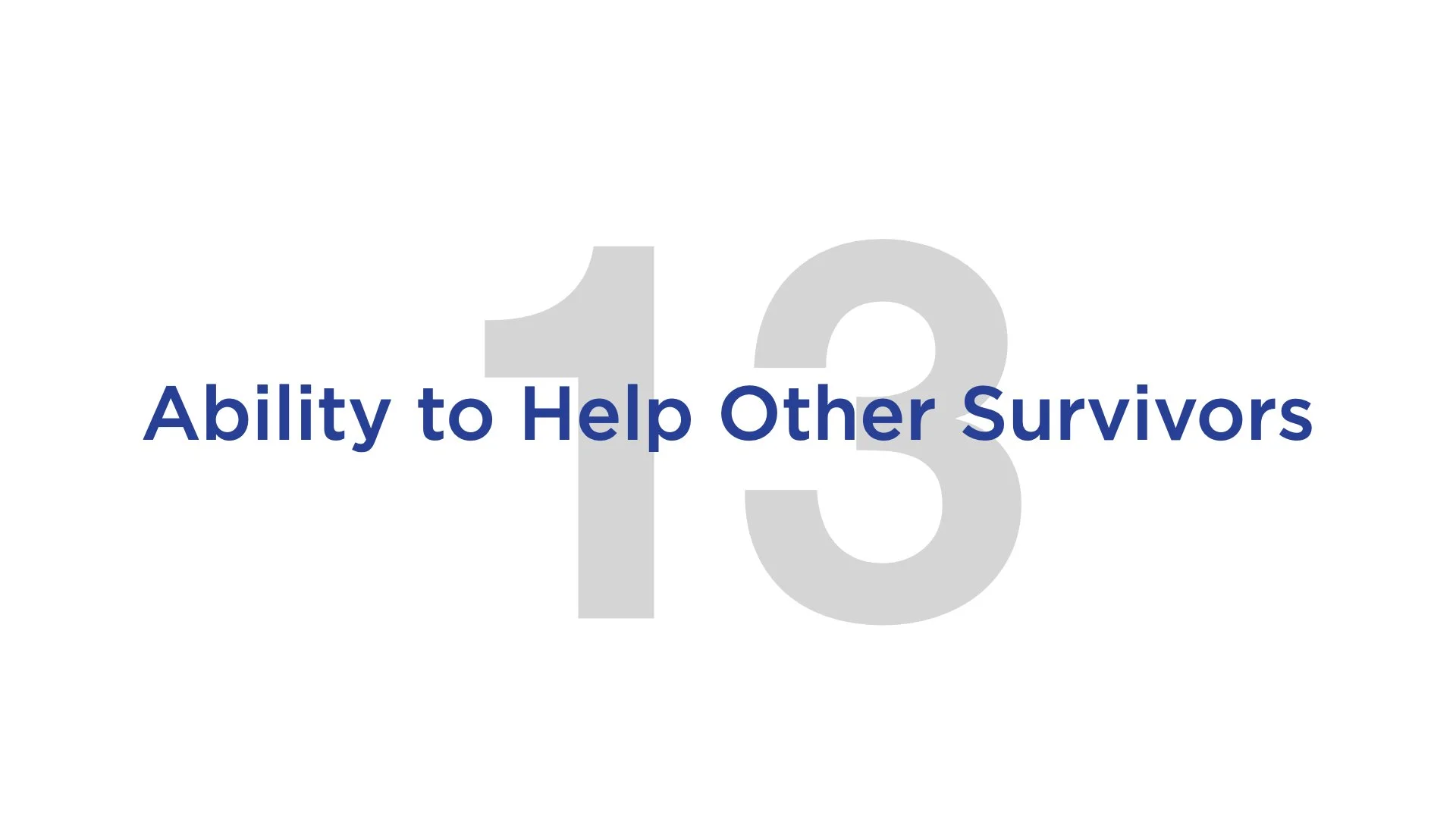
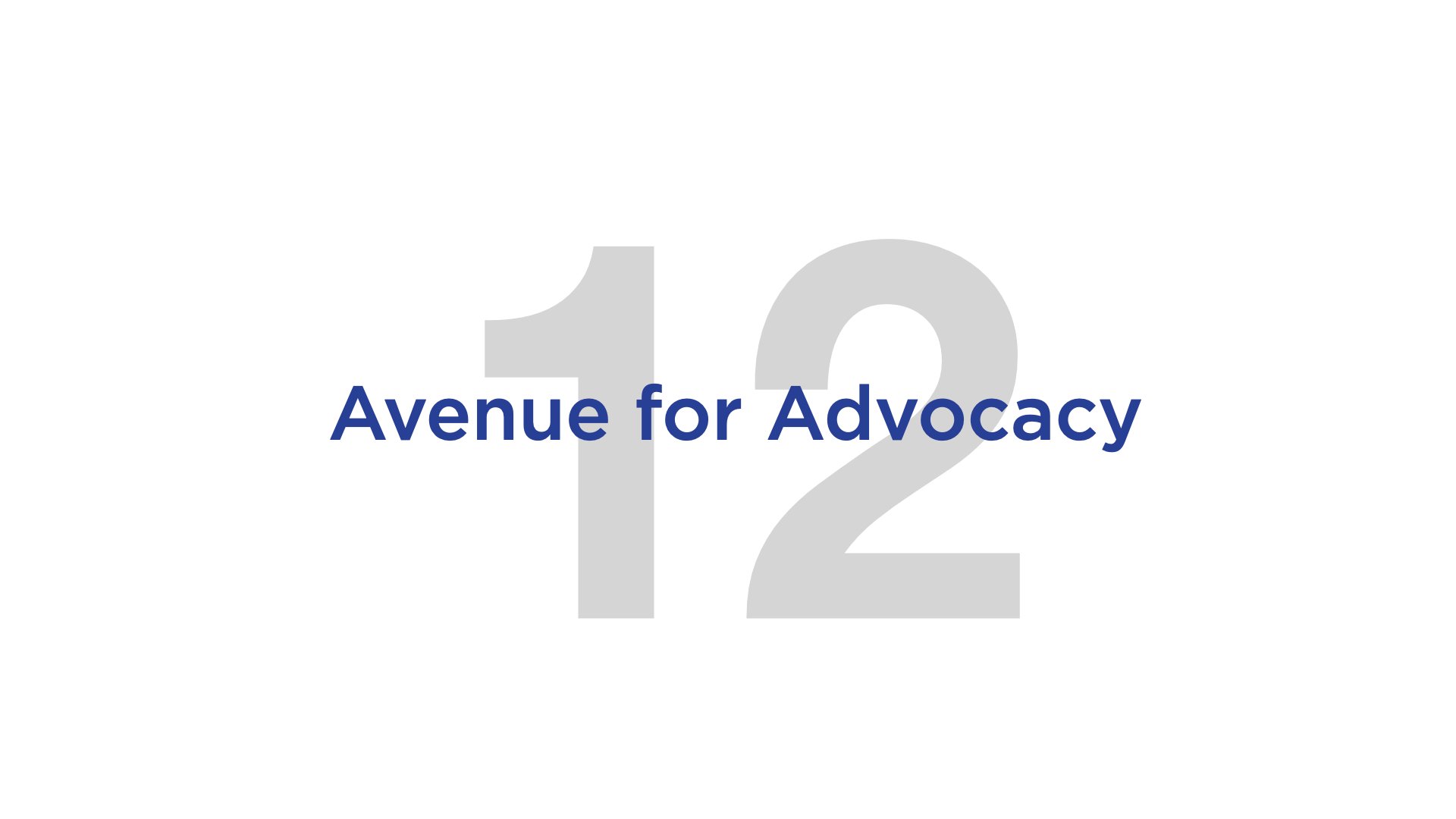
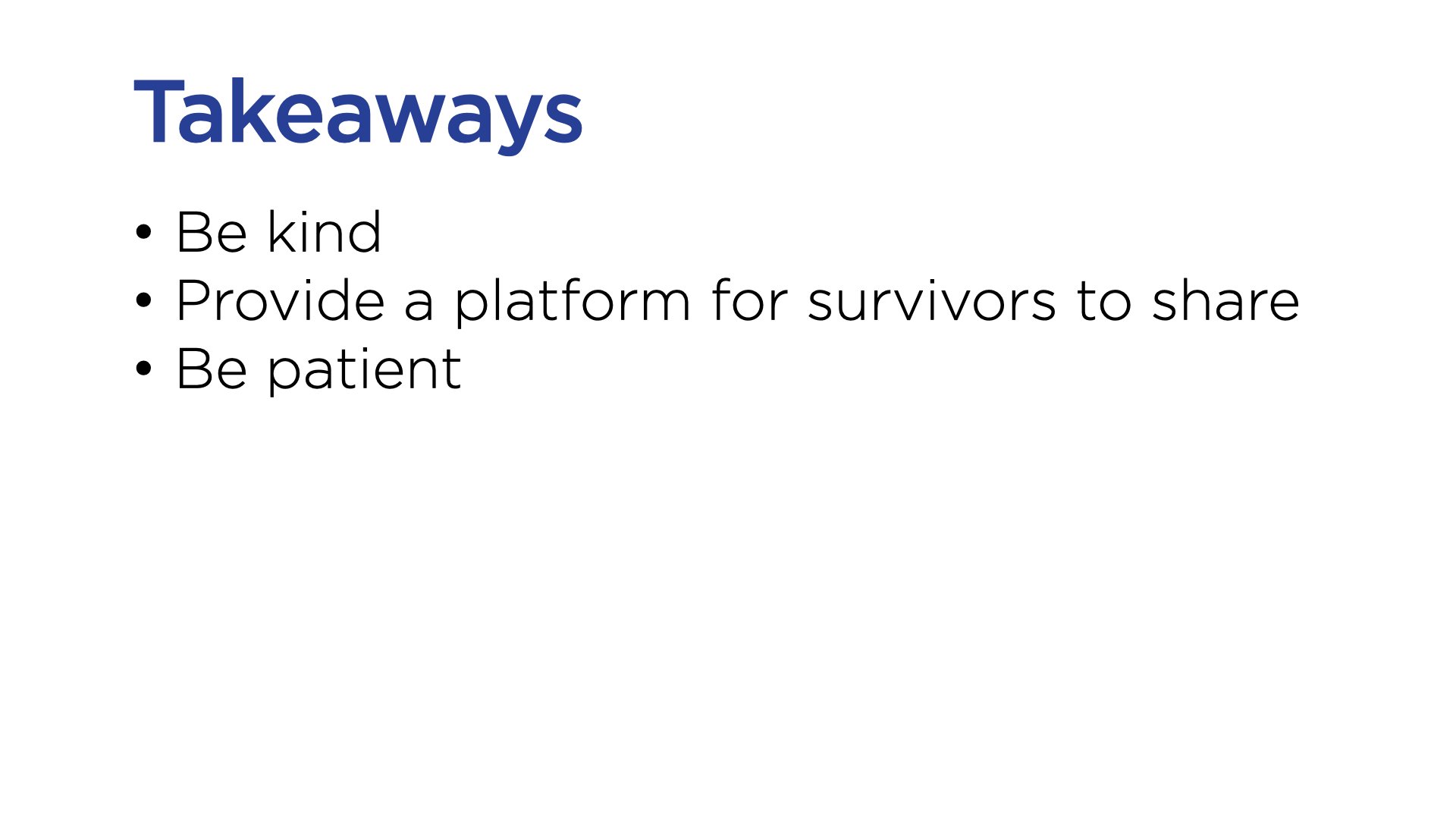

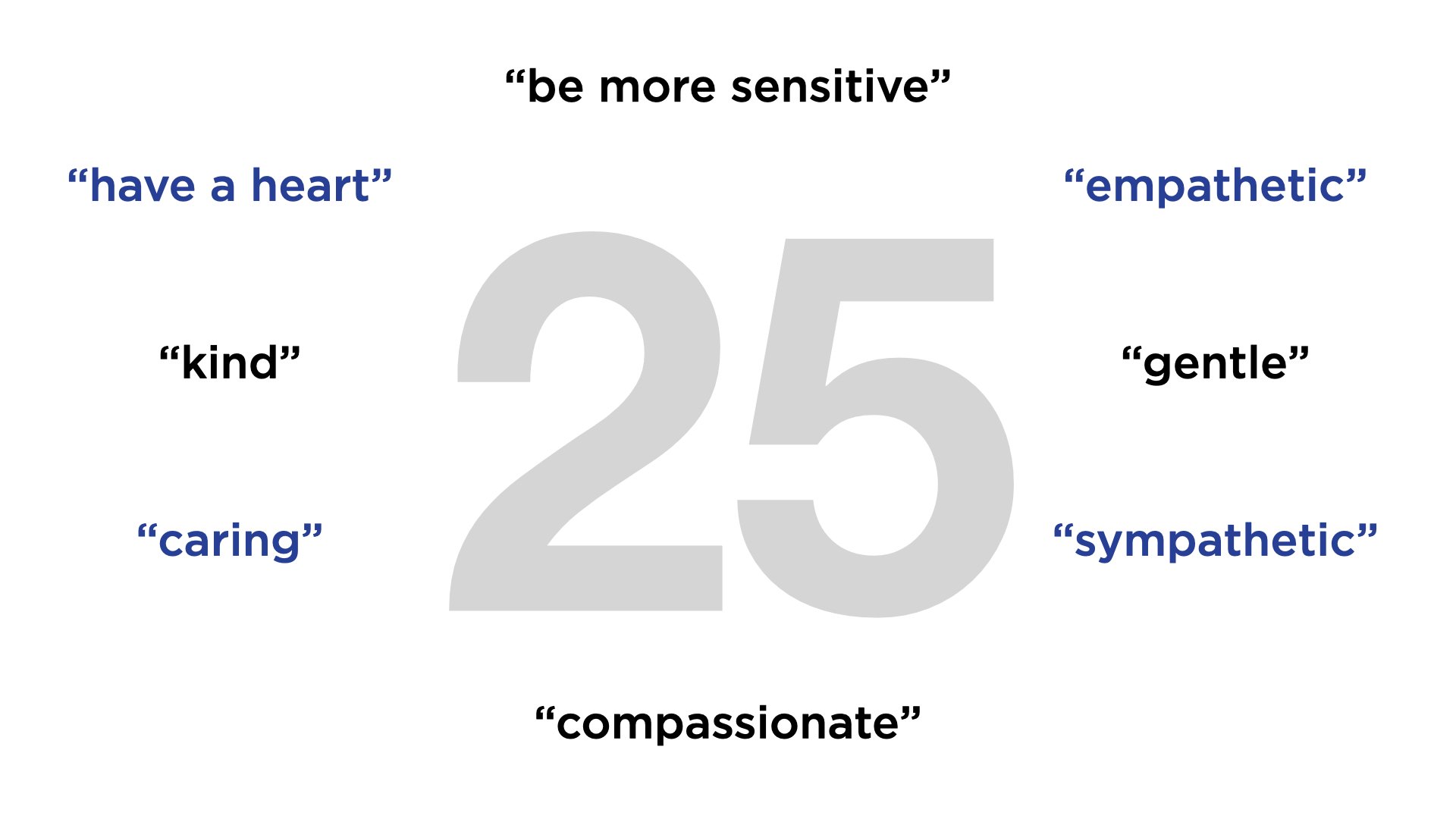
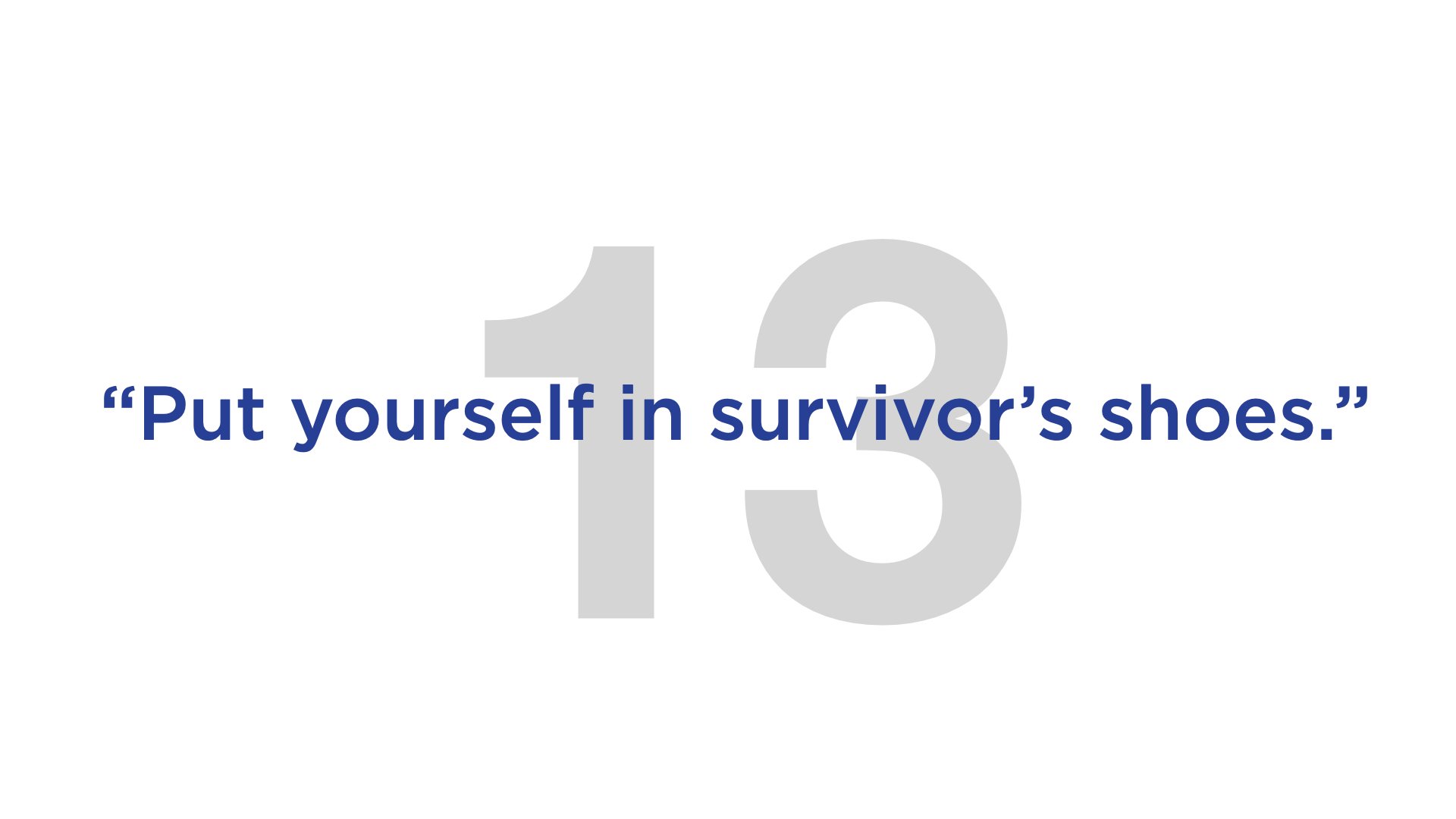
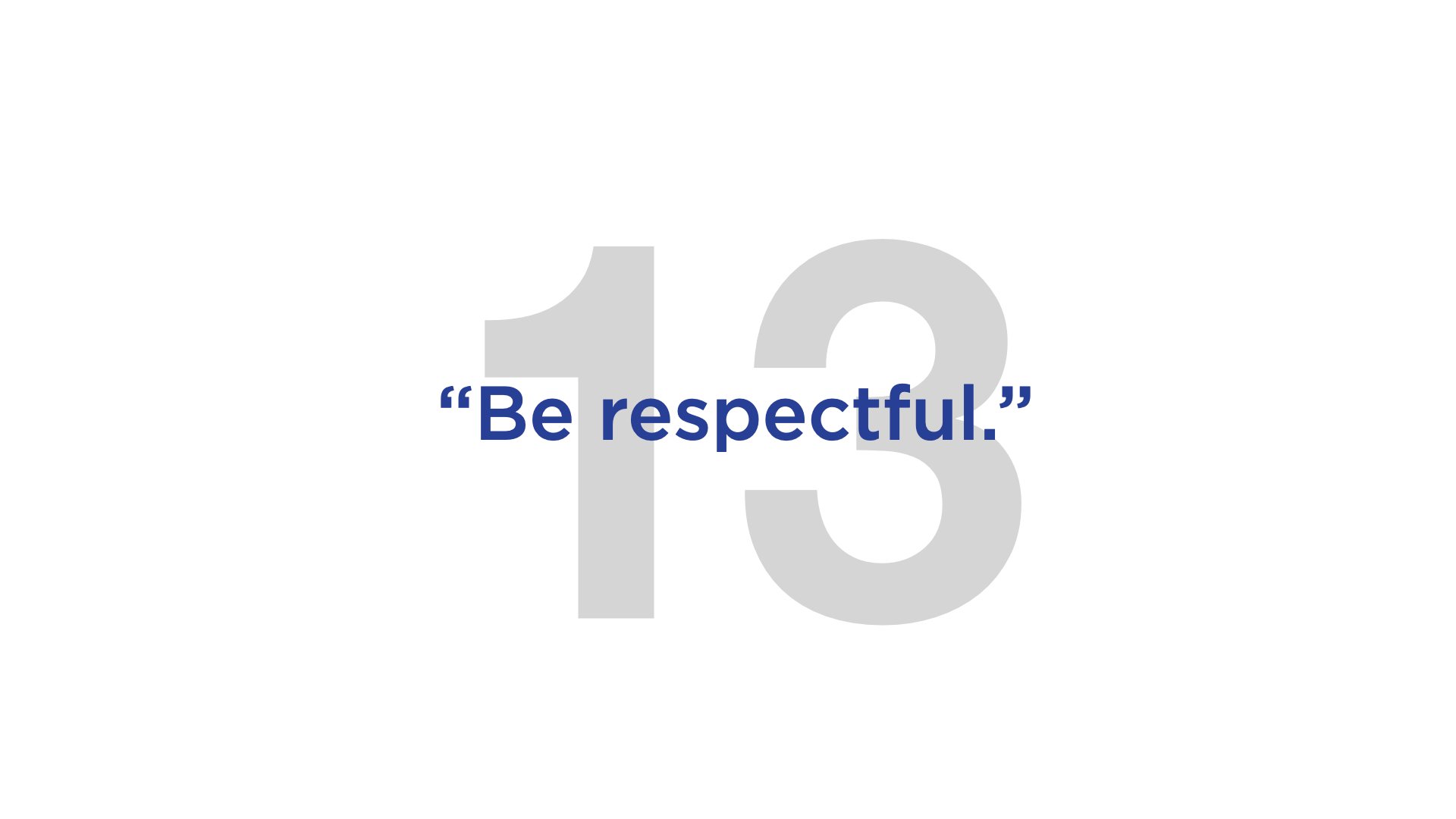
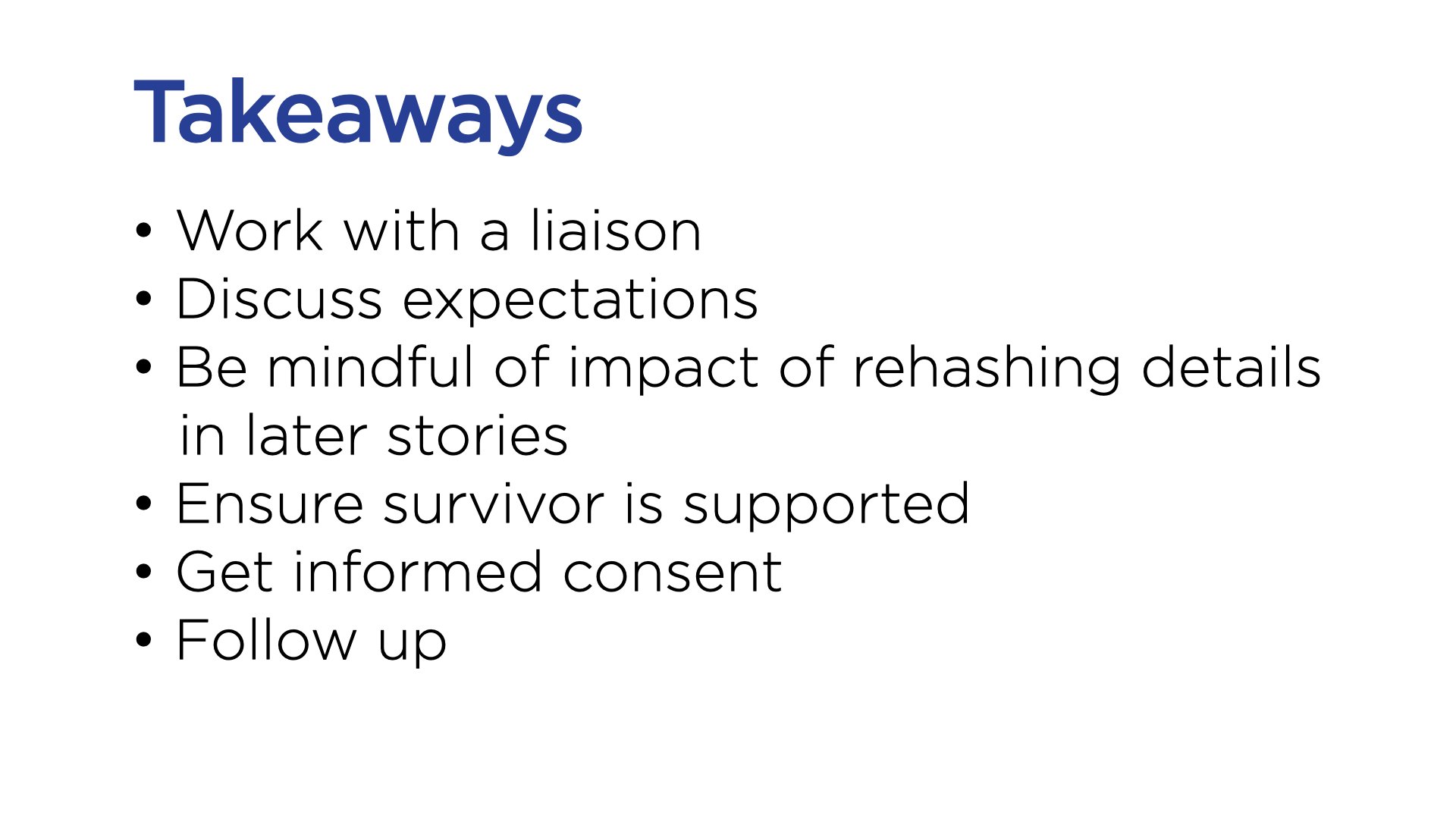

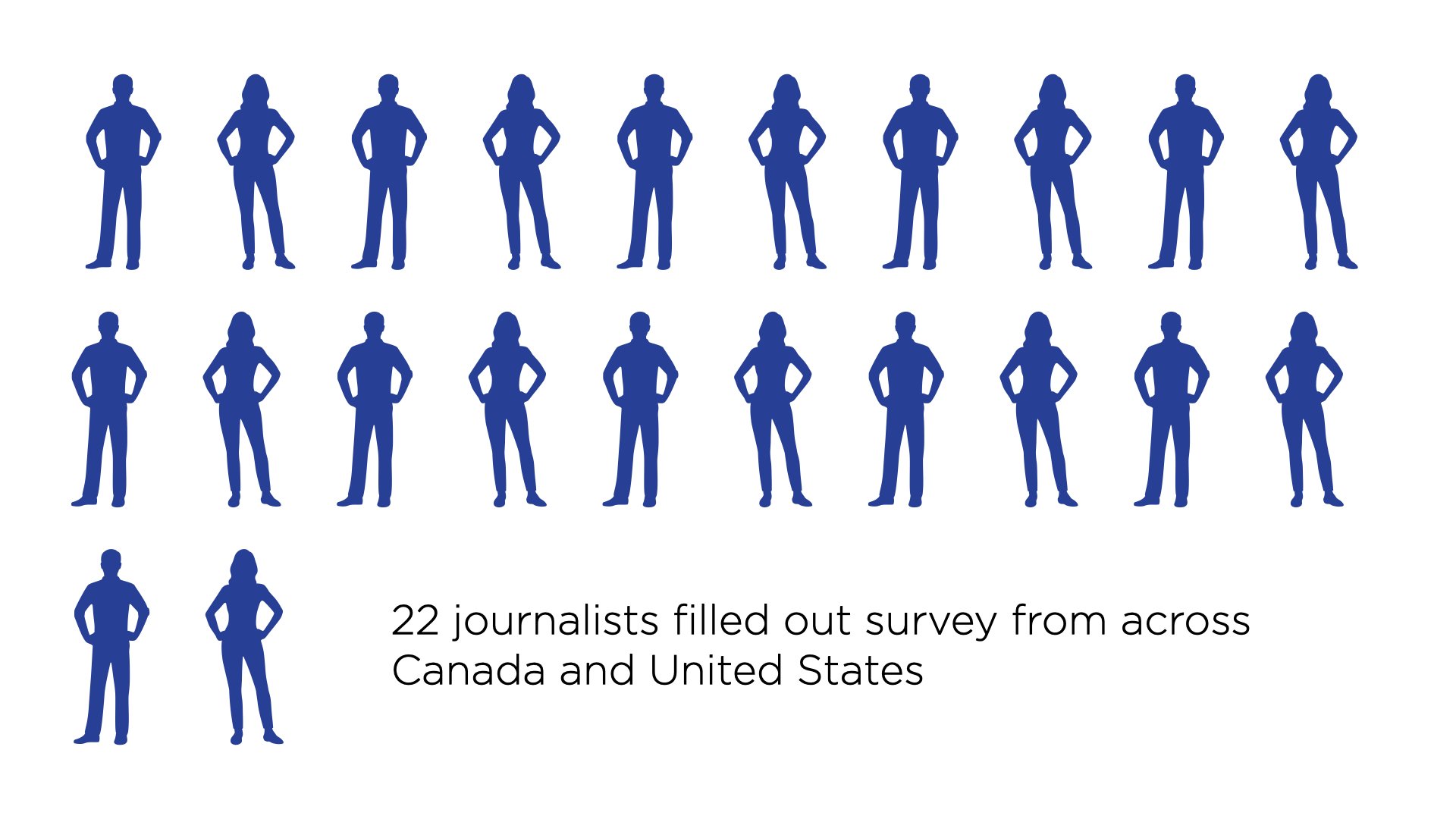
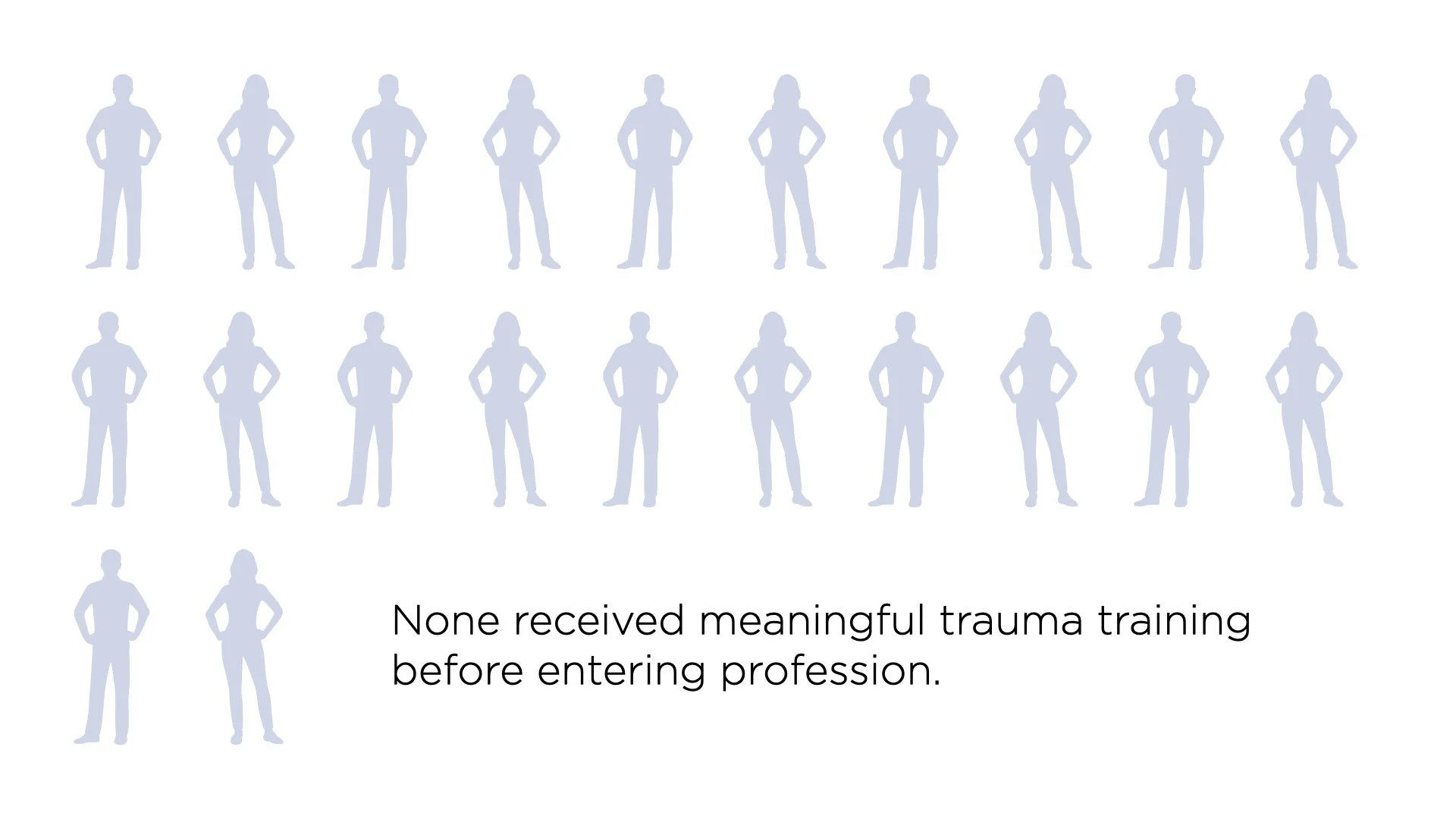
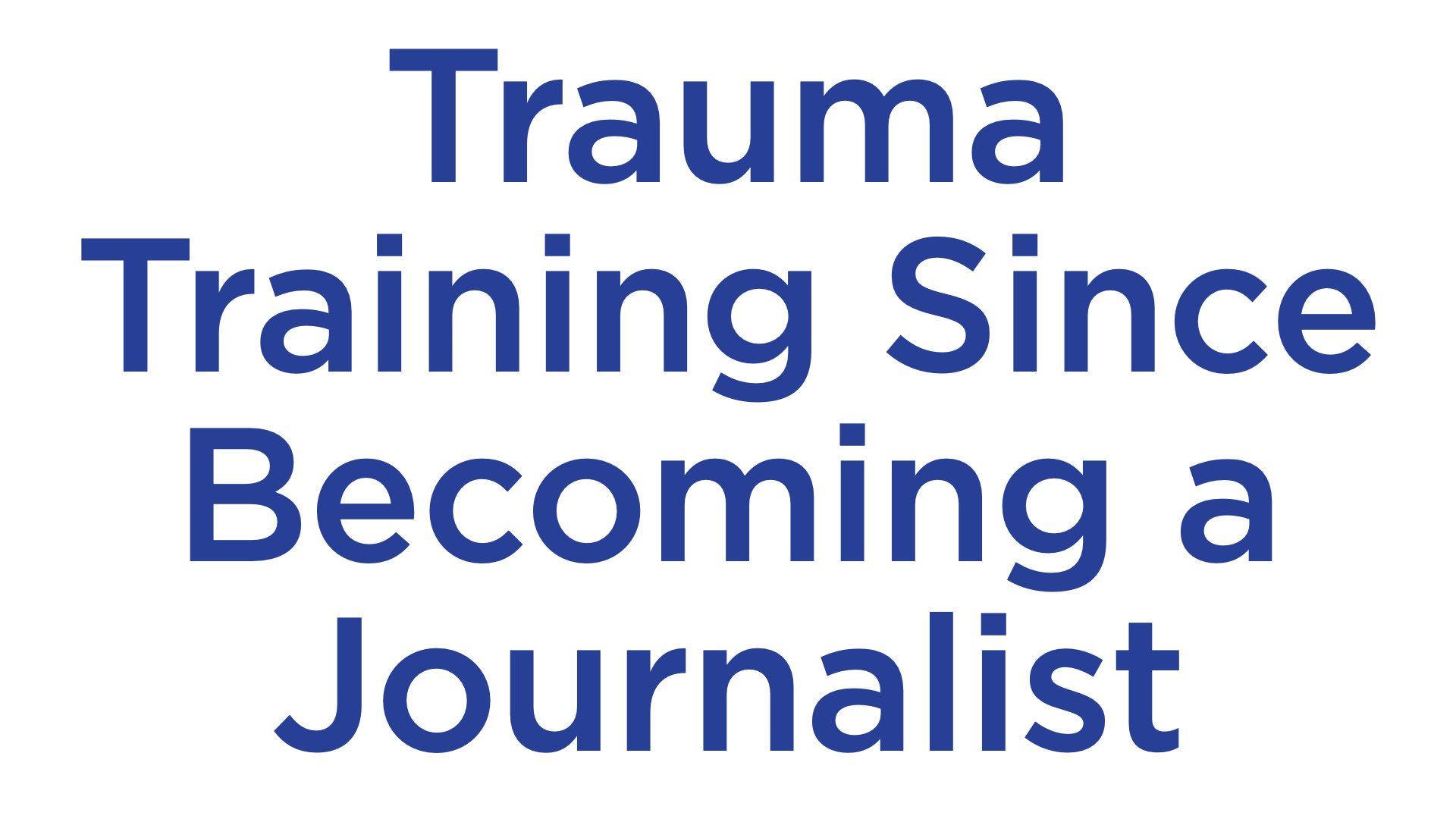
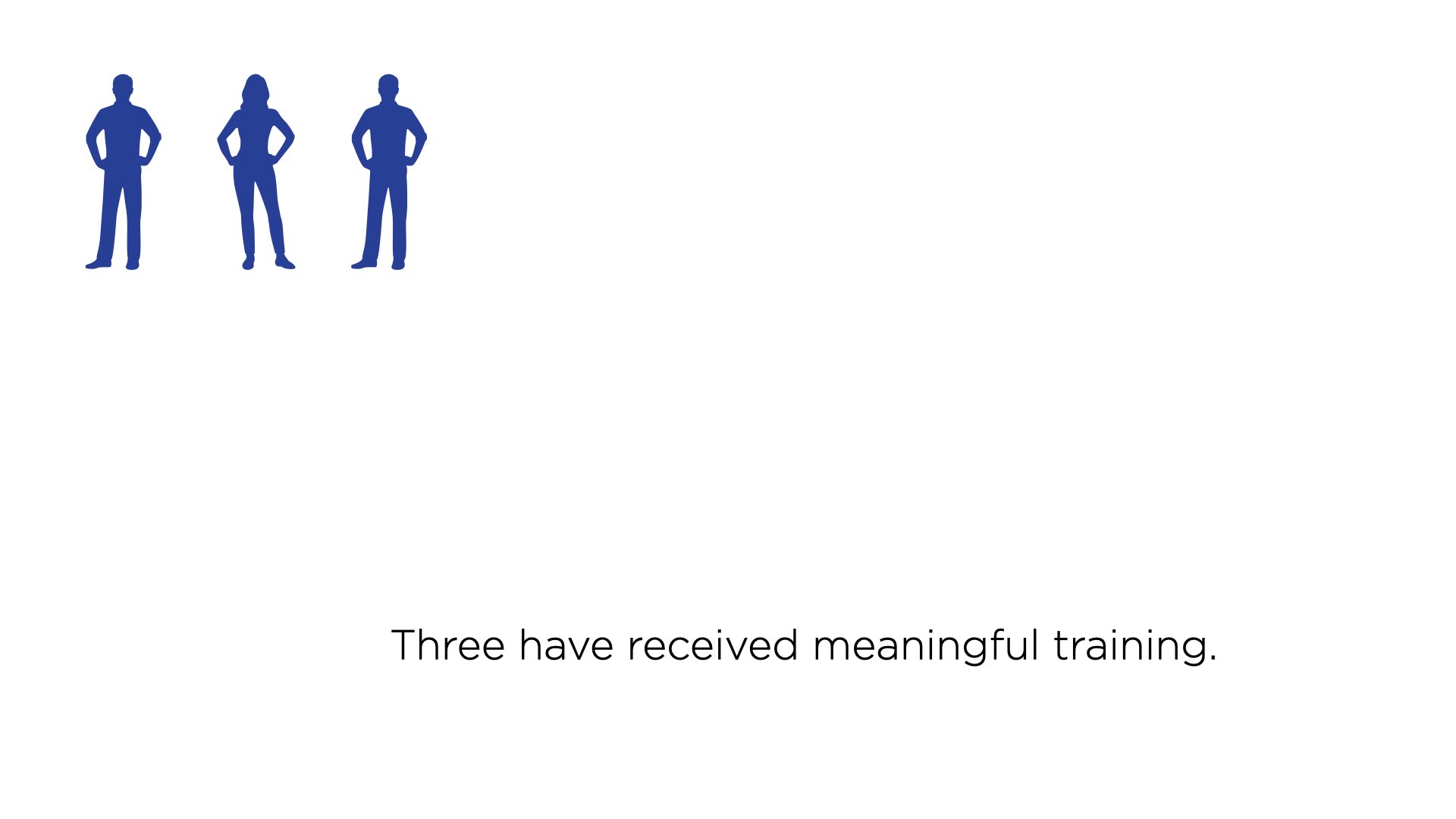
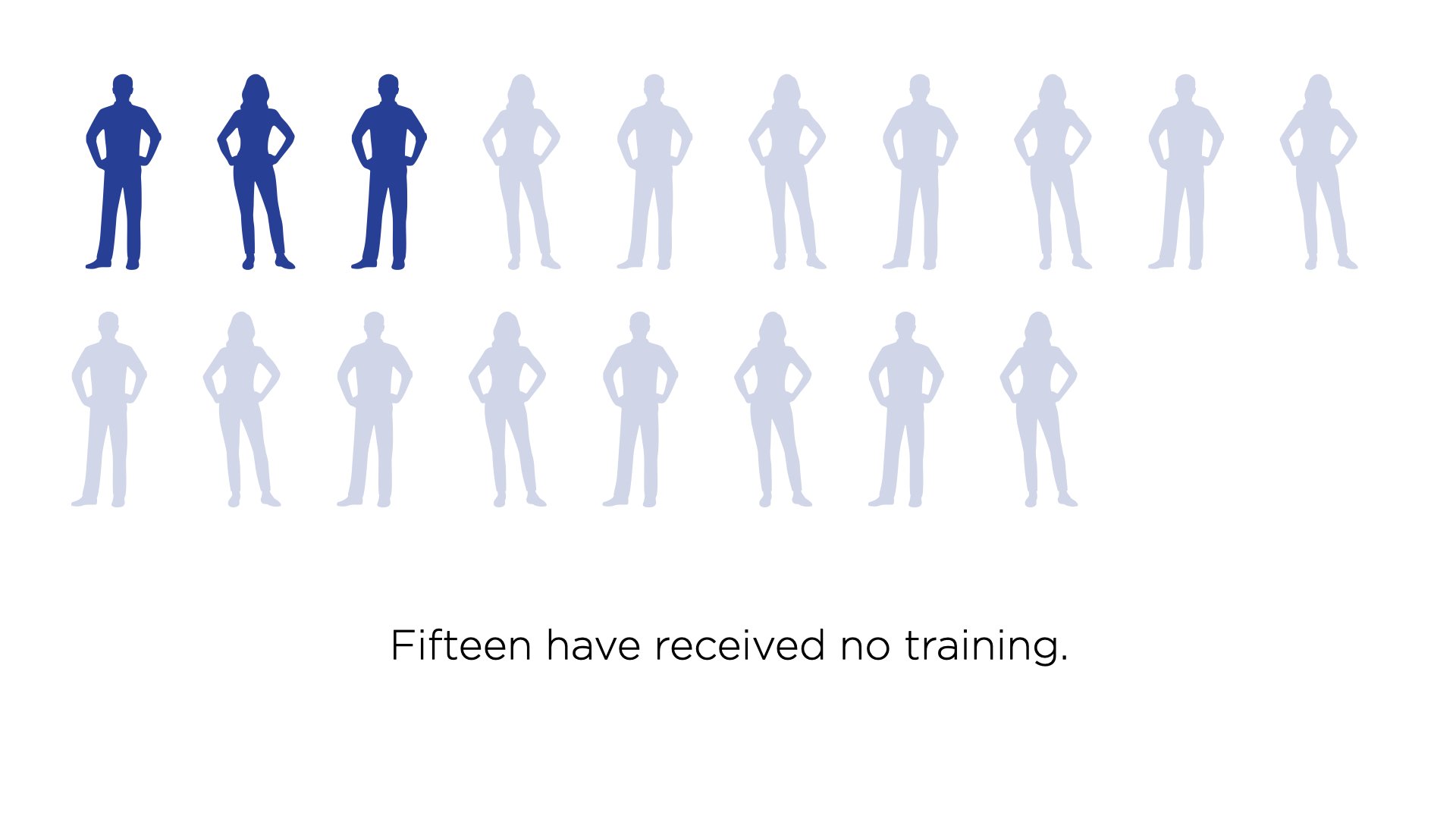
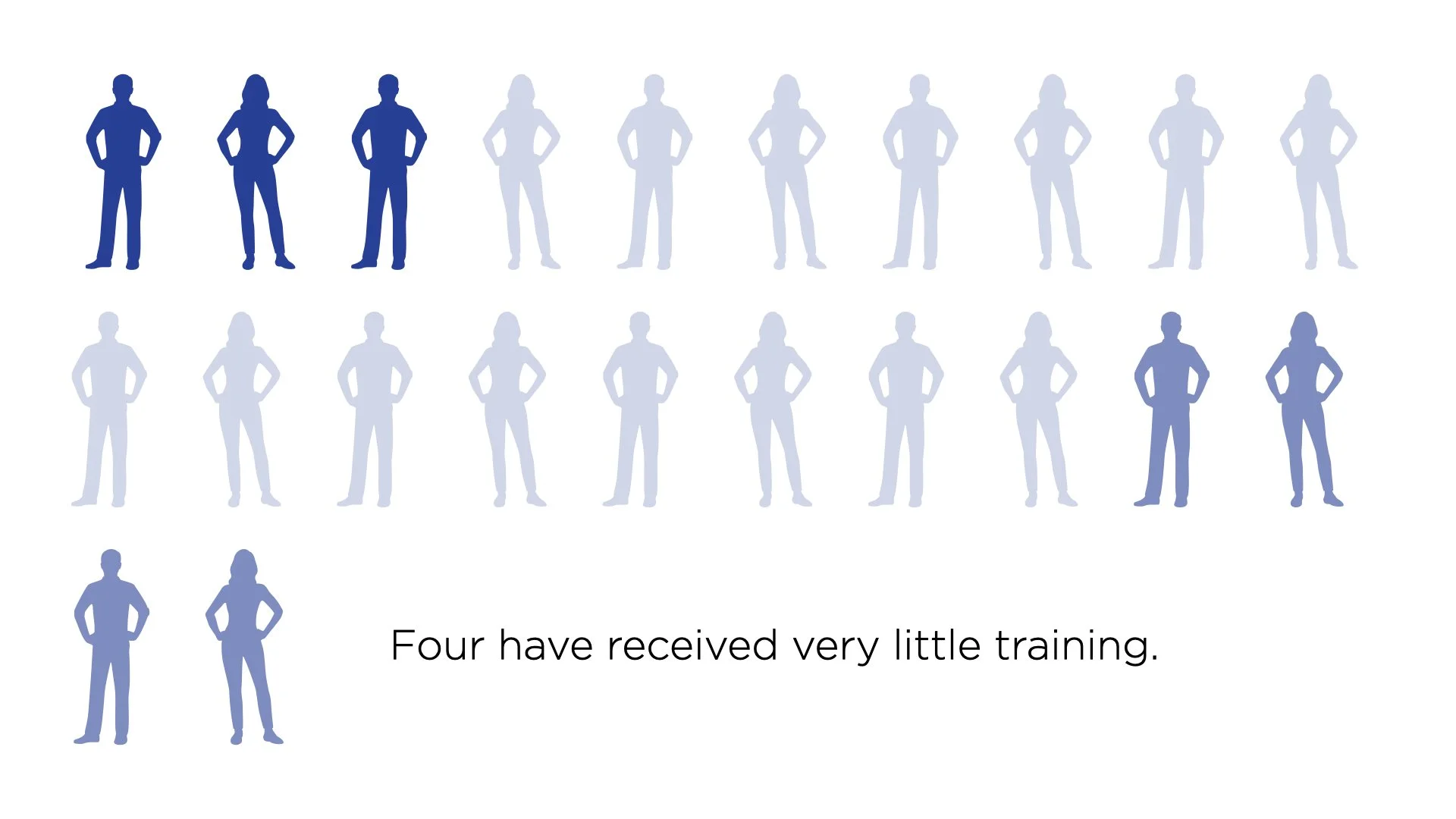
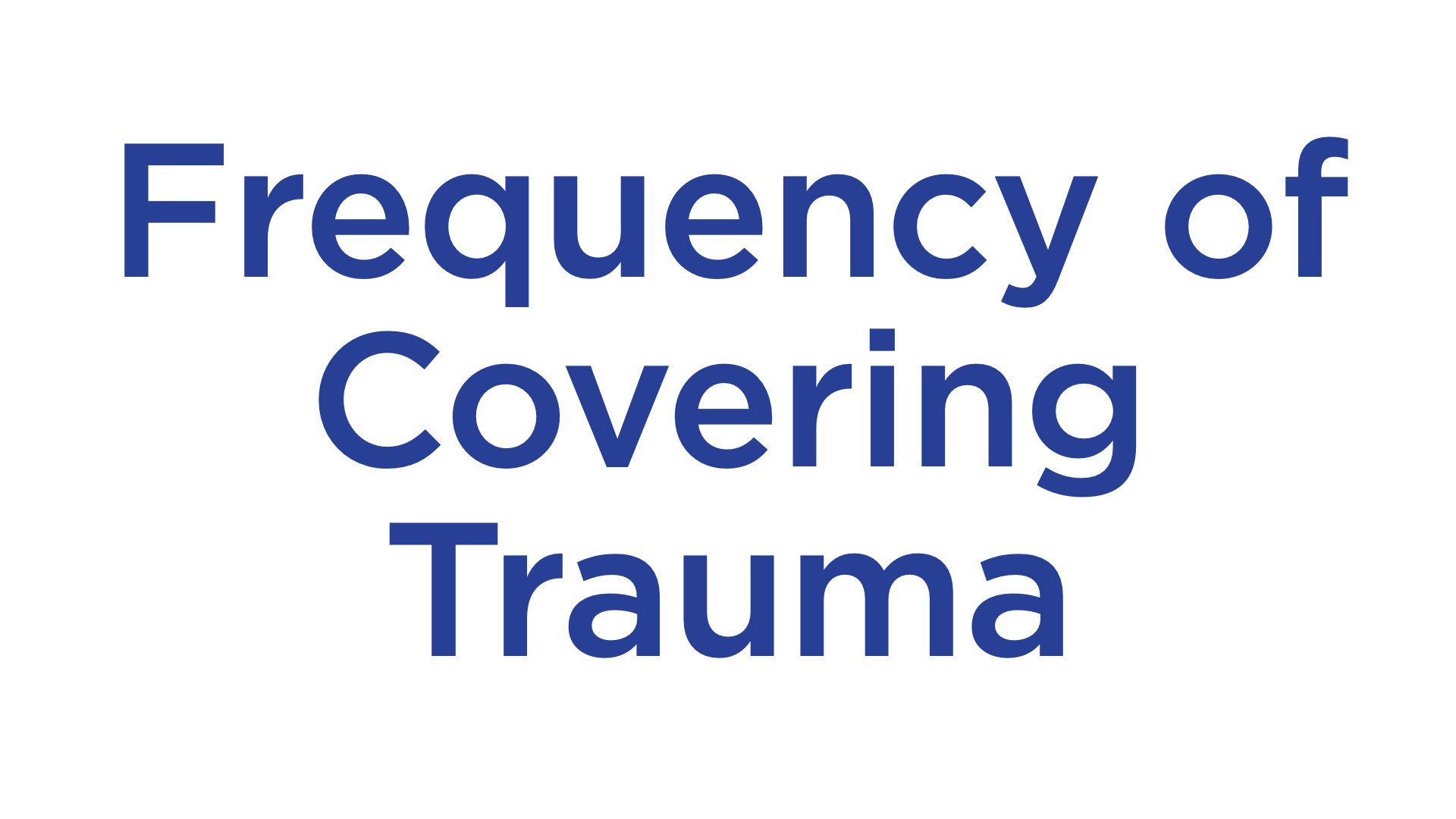
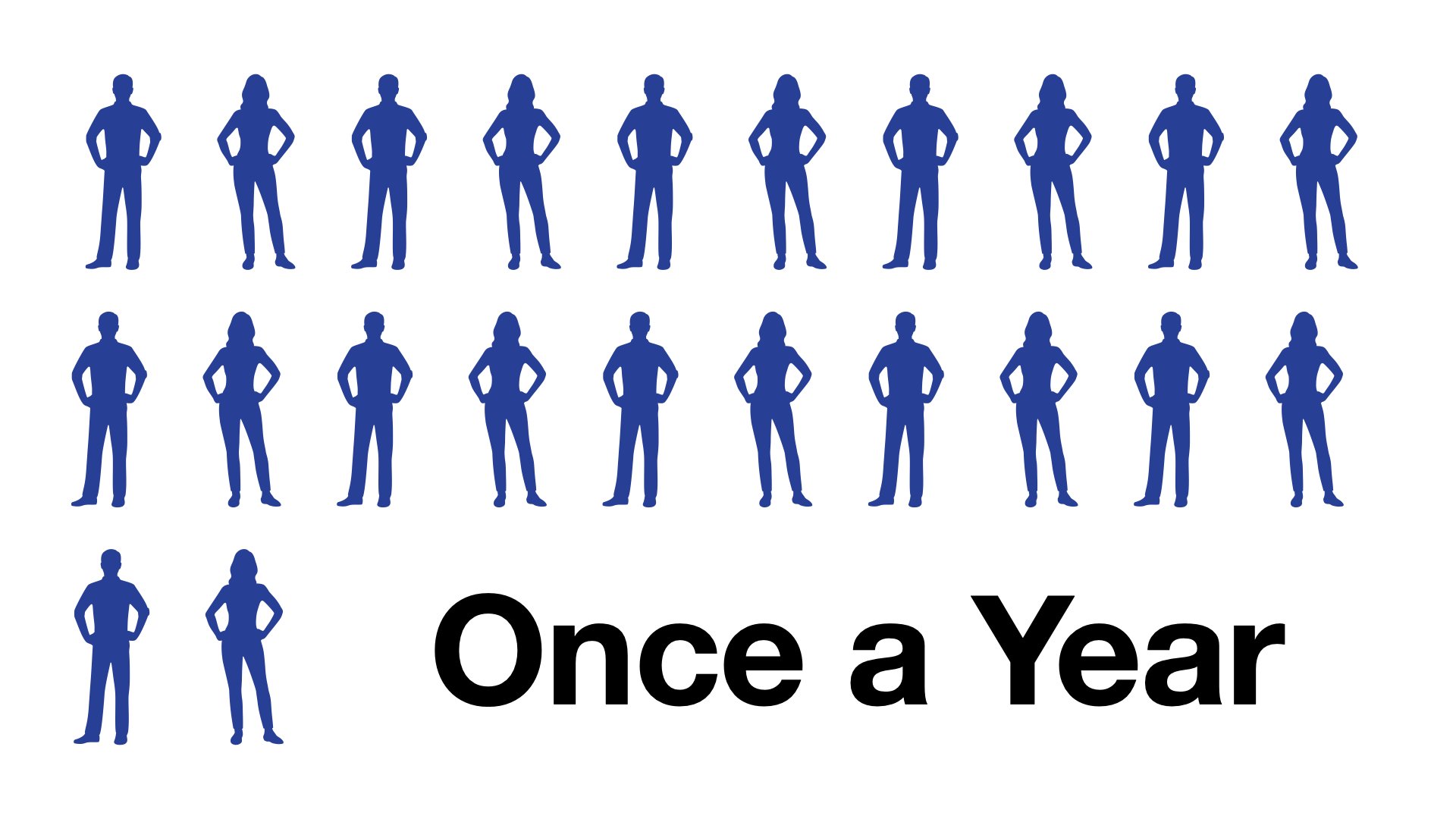
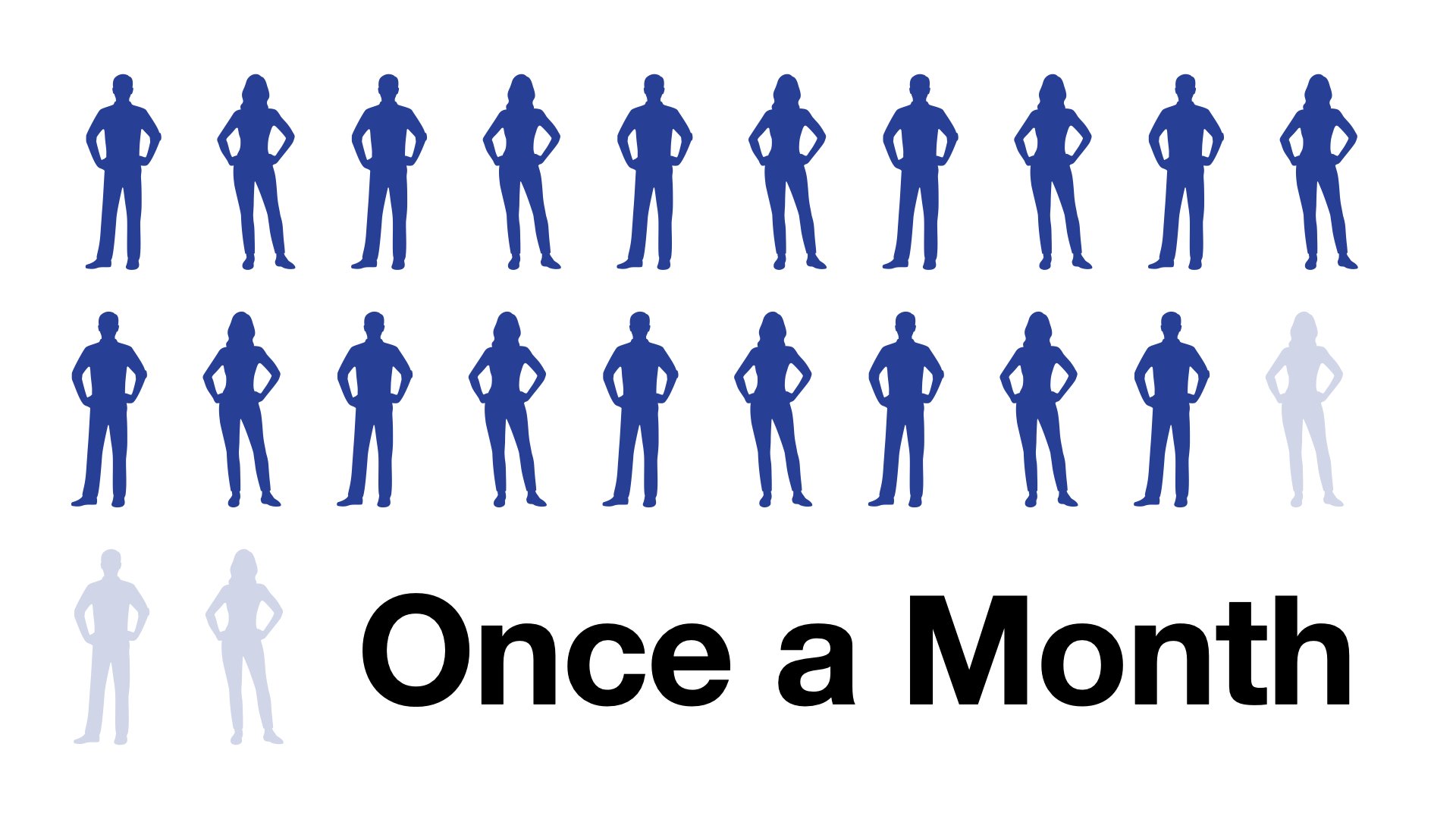
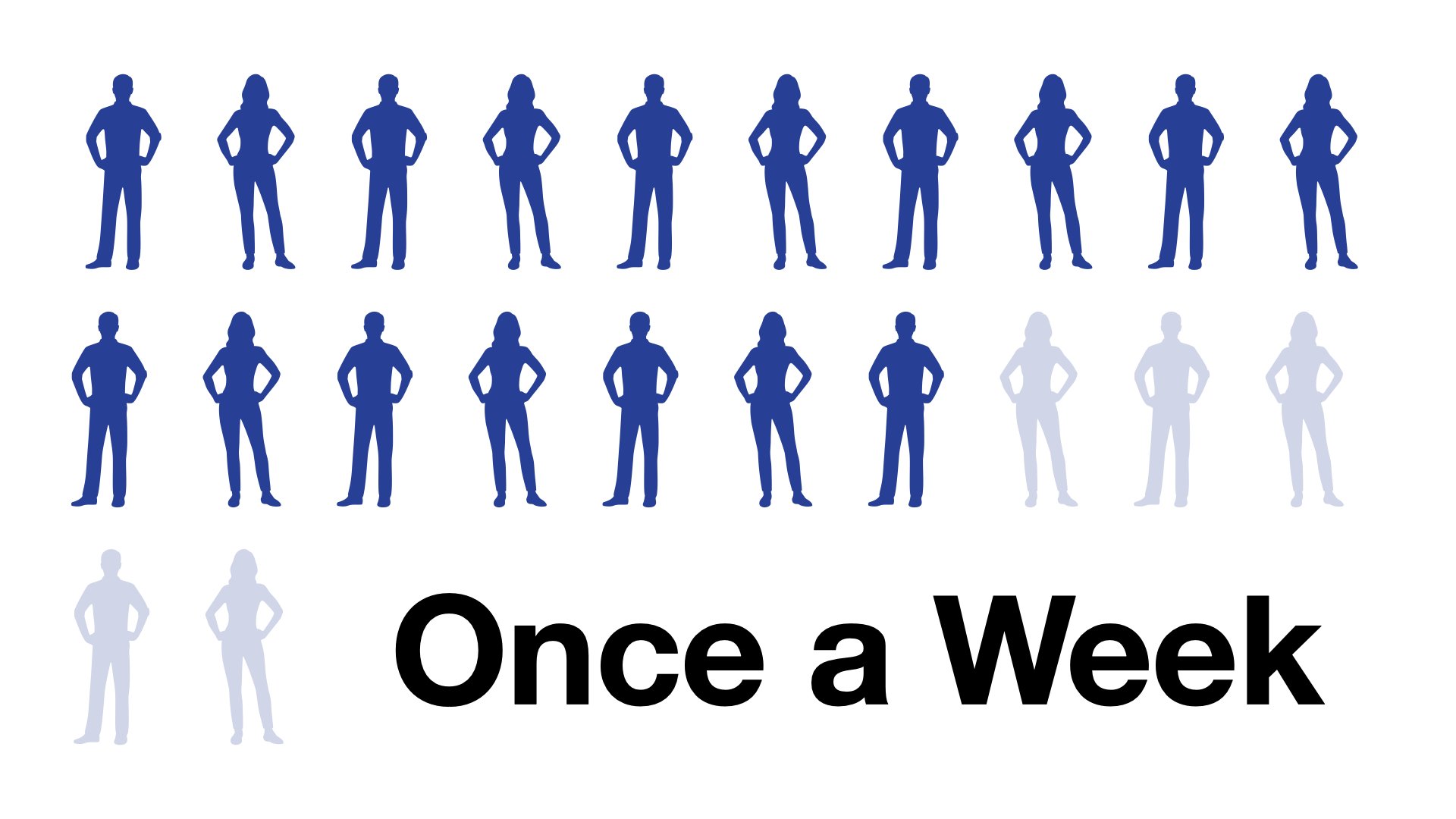
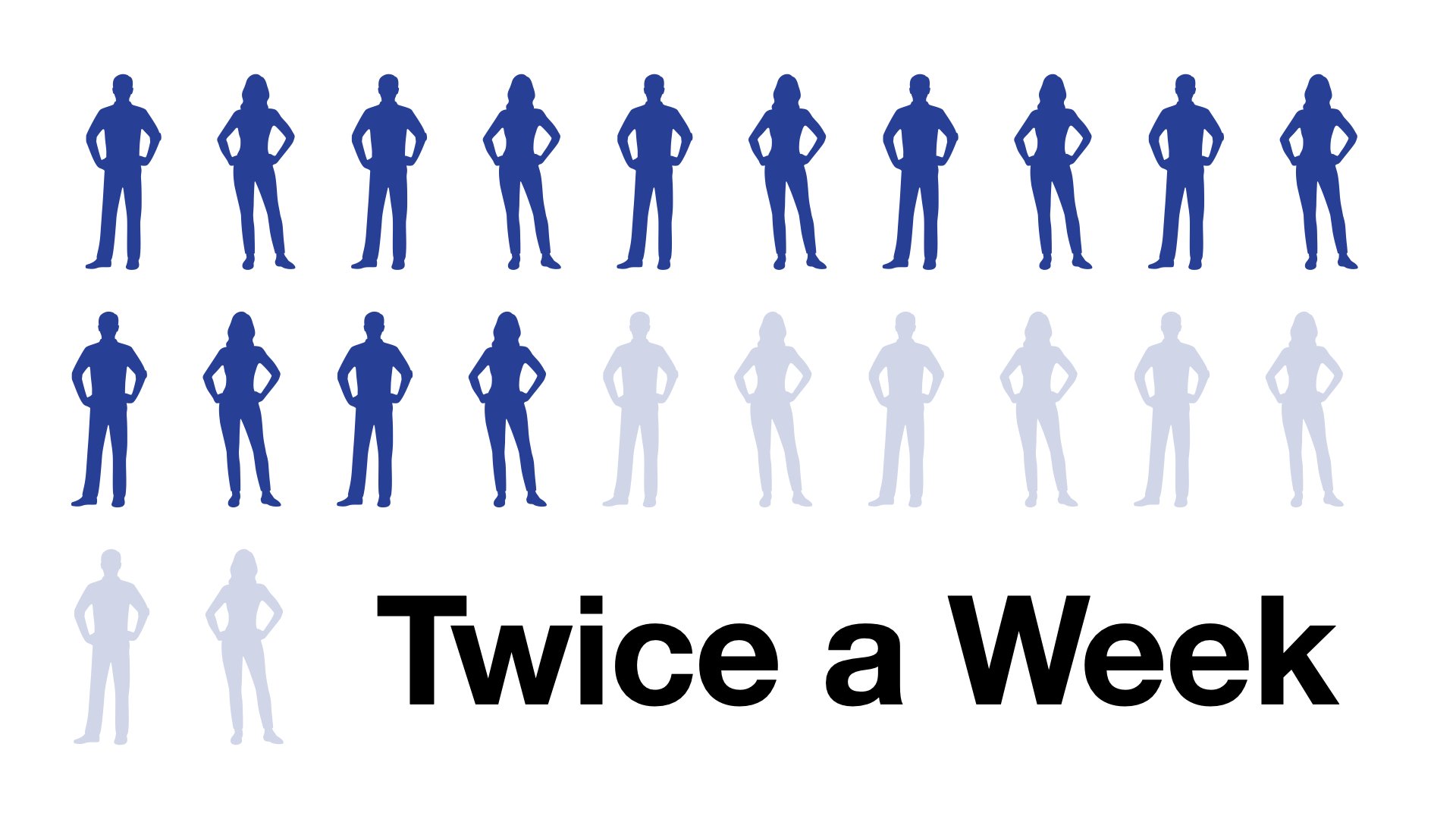
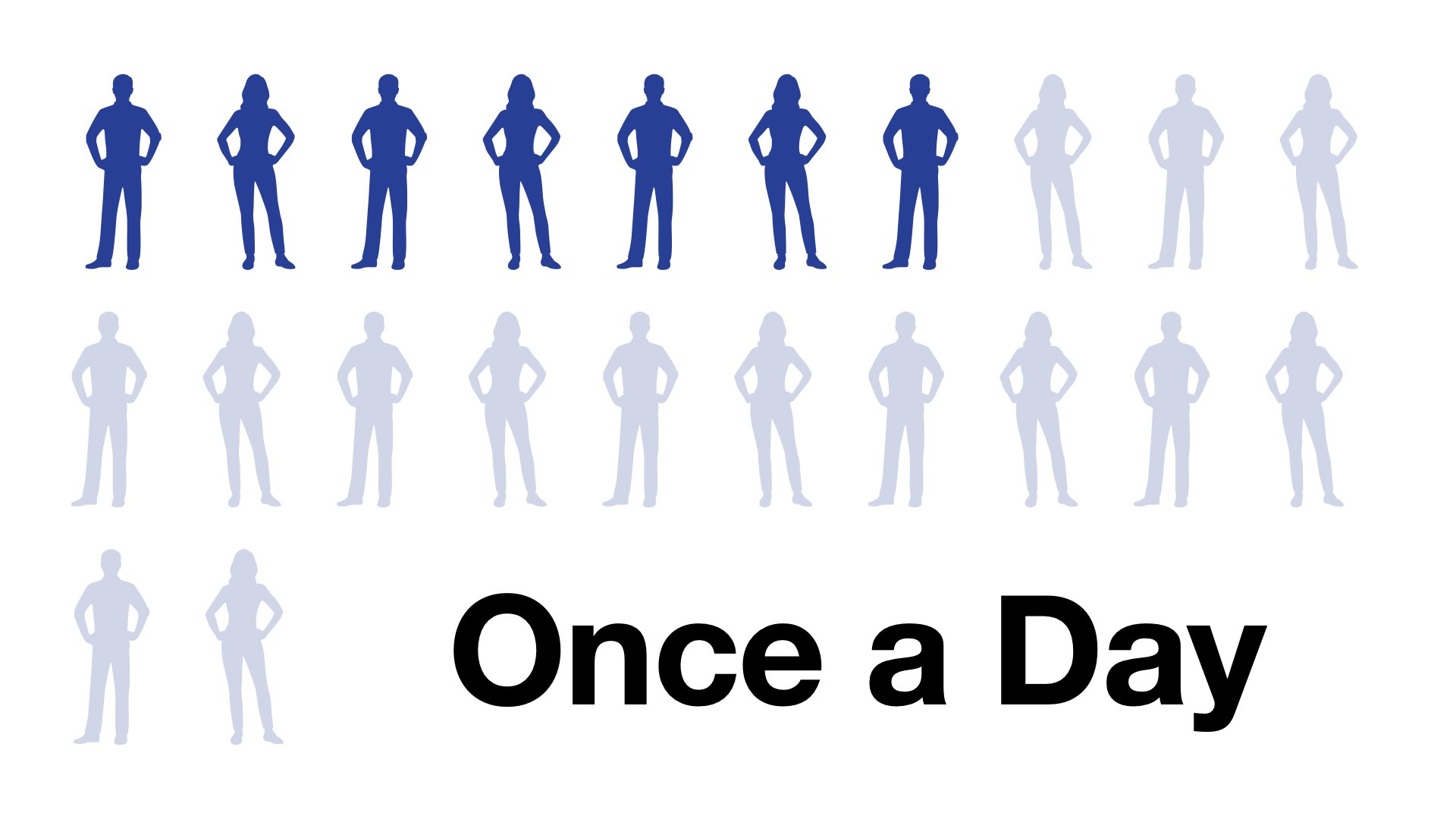
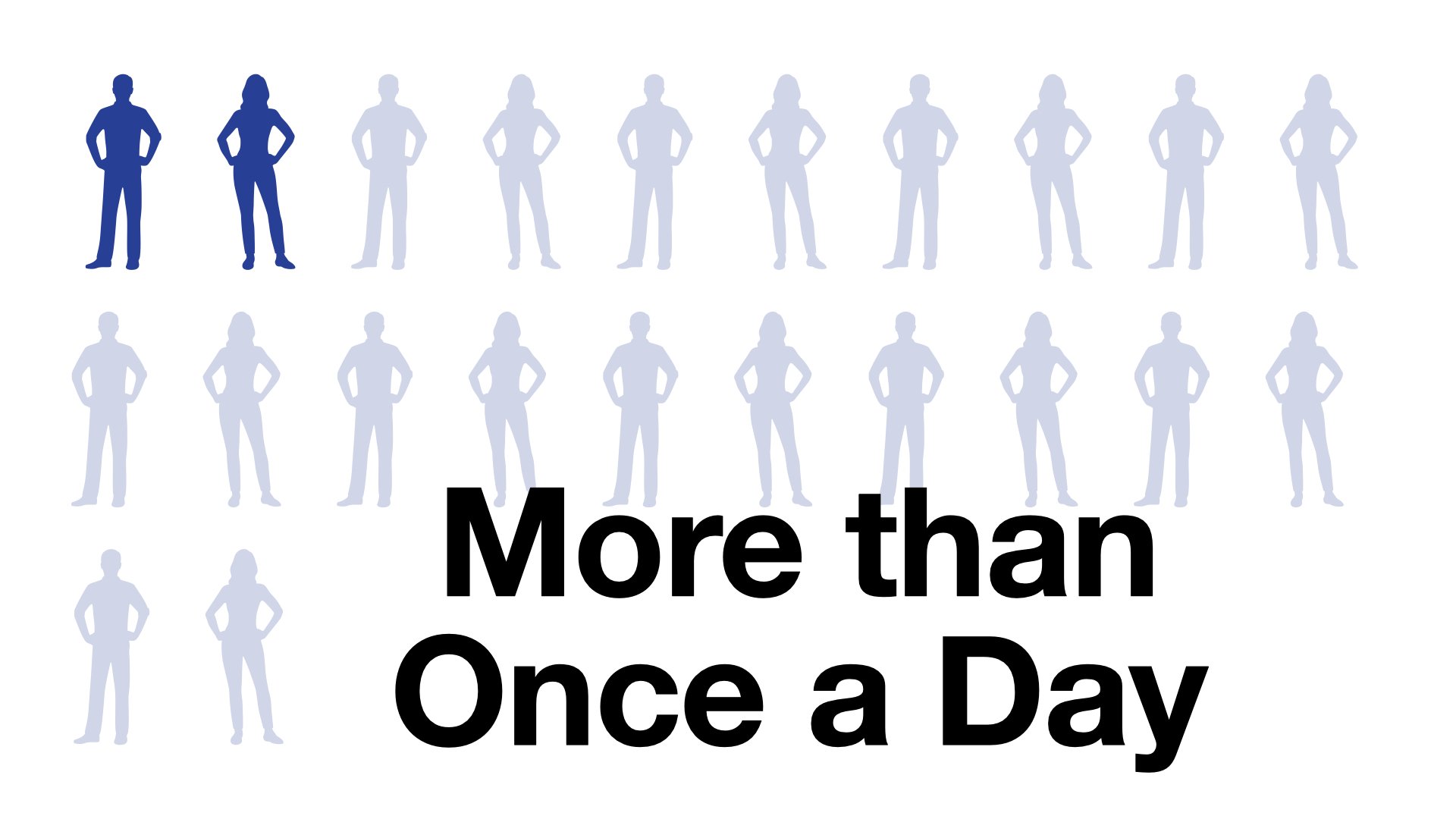
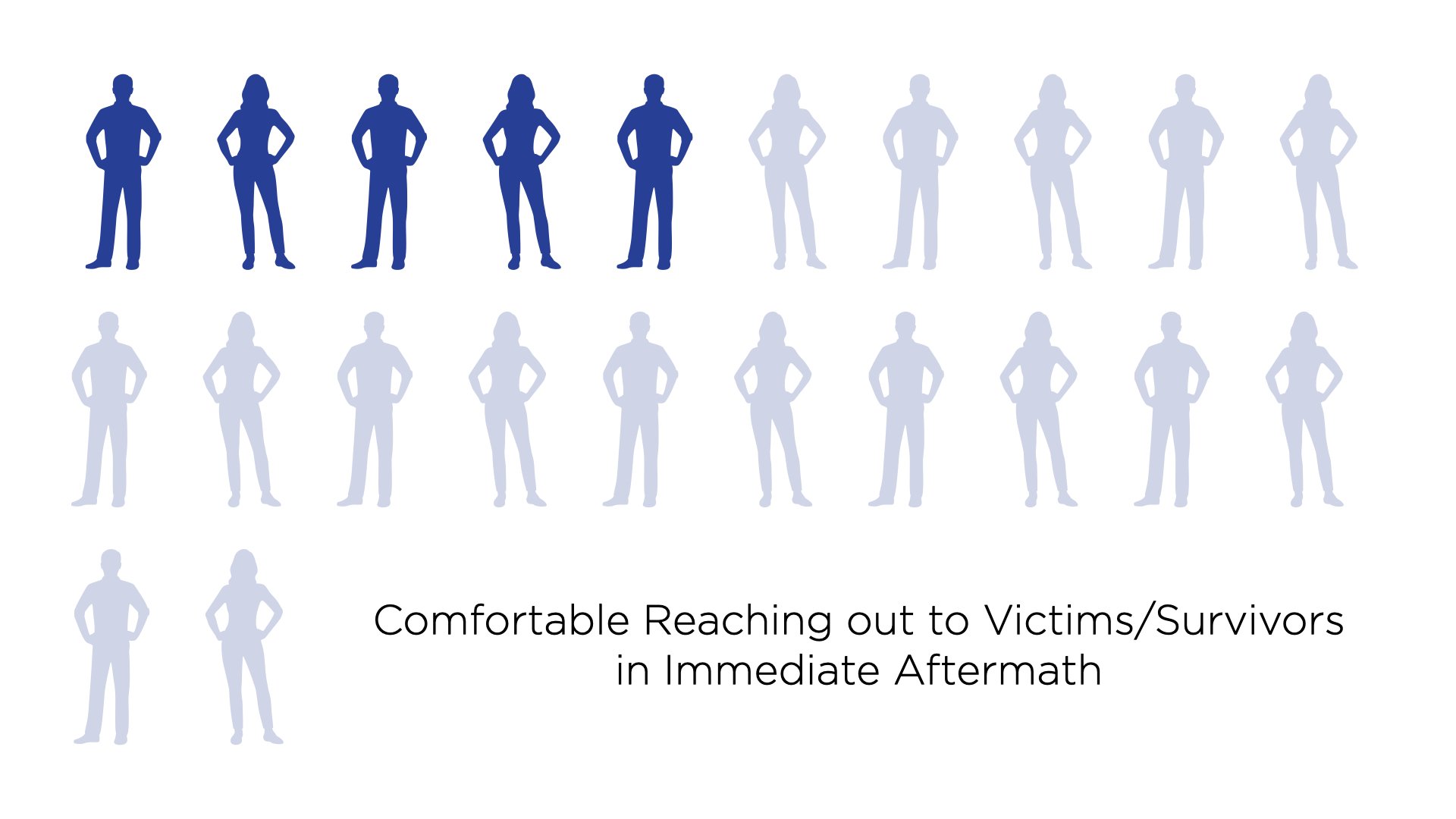
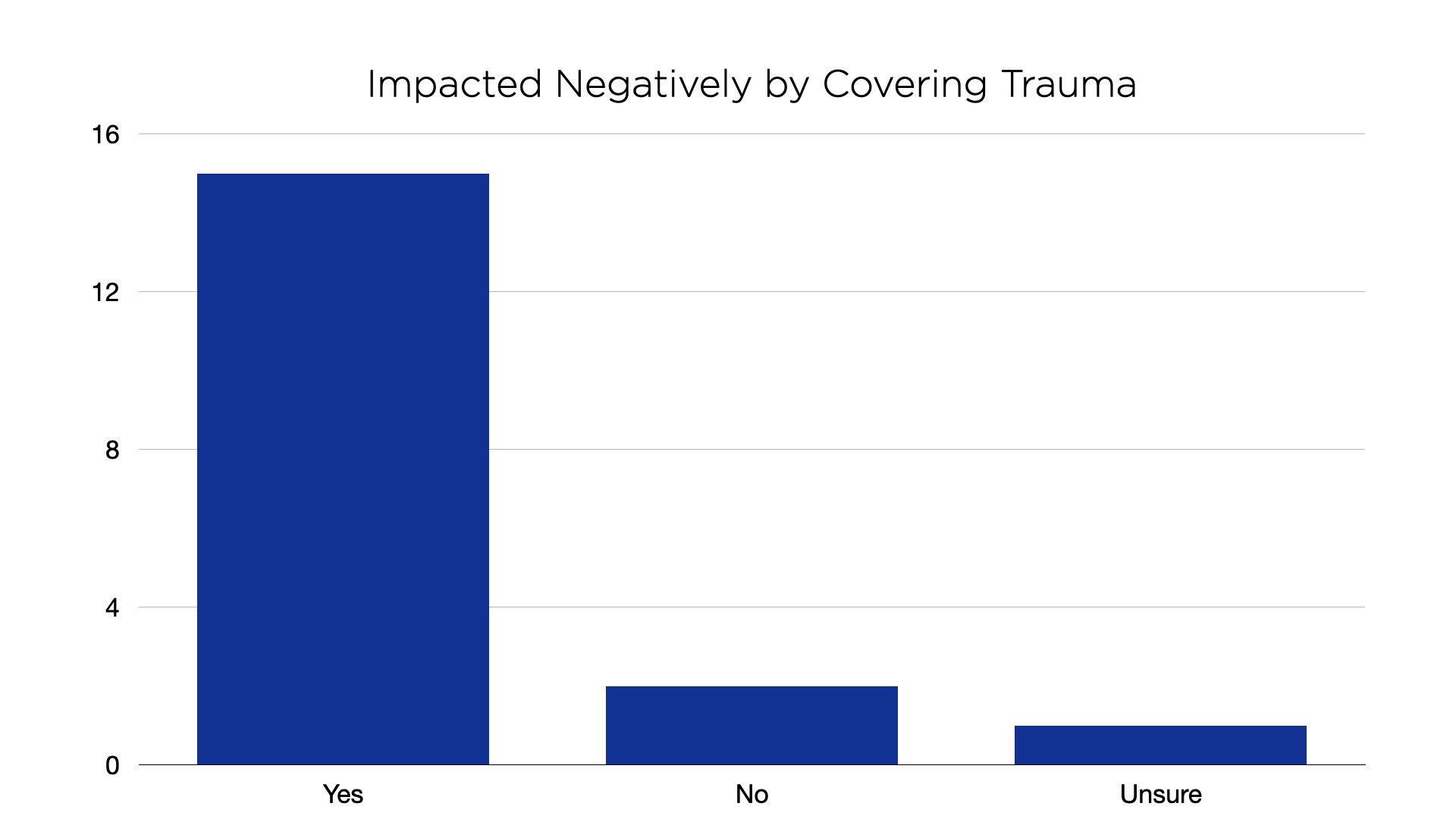

Surveys
Note: Survey responses are no longer being collected for this study
As part of her research, Tamara produced several surveys: One for survivors of homicide and traffic fatalities, another for survivors of sexual assault and human trafficking, another for family members of missing people, as well as a survey for survivors of mass violence. The surveys were intended to gather experiences of all survivors — from those whose cases received little to no media attention, to those who experienced onslaughts of media coverage and requests from the media. The voices of these survivors have played an integral role in this study and Tamara’s ongoing work.
There was also a survey for members of the media. This was meant to explore the experiences of journalists, methods for covering traumatic events, the prevalence of trauma-informed training and the impact of traumatic events on journalists.
Latest News
More than 100 trauma survivors and two dozen journalists were surveyed and/or interviewed for this project. With the exception of one homicide survivor from New Zealand, all participants are from the United States or Canada. They come from big cities to small towns, all socioeconomic classes, and a variety of cultural backgrounds.
Tamara’s peer-reviewed research paper, Trauma survivors and the media: A qualitative analysis, was published in the Journal of Community Safety and Well-Being in September 2021. Findings from the project were presented for the first time at the RTDNA Canada National Conference on June 3, 2021. Tamara’s presentation was very well received by journalists from across Canada, many of whom expressed a hunger for change. The full presentation (less the live Q&A session) can be viewed here. Tamara’s research has since been presented to audiences around the world and has been the subject of various mainstream media coverage.
Training seminars are now being offered to newsrooms, journalism schools, and other trauma-sector stakeholders.
Tamara’s work inspired the publishing of her second book, The Trauma Beat: A Case for Re-Thinking the Business of Bad News, which wad described in a Quill & Quire starred review as “a stunning work that should be required reading for journalism students, news reporters, true crime junkies, and anyone who wants to write narratives that heal, instead of harm.” The Trauma Beat was published by ECW Press in Spring 2023.

